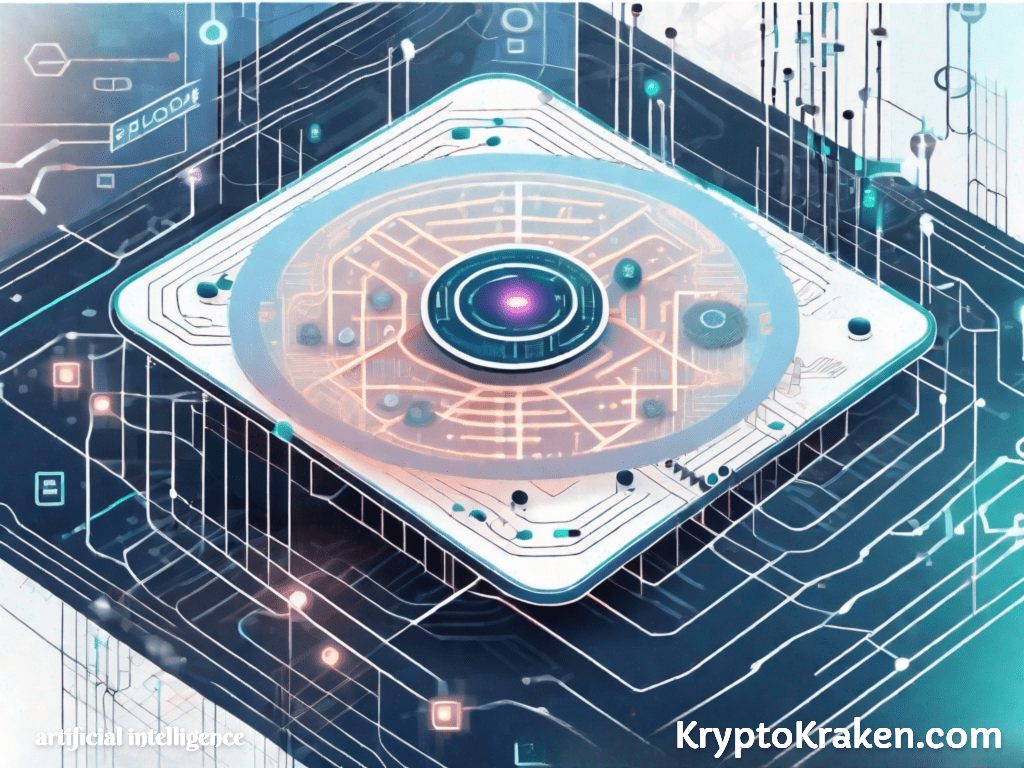
- August 24, 2023
- Dennis Frank
- 6
Table of Contents
Exploring the Applications of Artificial Intelligence in Smart Contracts
In recent years, we have witnessed remarkable advancements in the field of artificial intelligence (AI). This transformative technology has the potential to revolutionize various industries, including finance and law. One area where the intersection of AI and technology is particularly promising is in the realm of smart contracts. By combining the power of AI with the efficiency and security of smart contracts, we can unlock new possibilities and create innovative solutions.
Understanding Artificial Intelligence and Smart Contracts
Before delving into the applications of AI in smart contracts, it is important to have a clear understanding of both concepts. Artificial intelligence, often referred to as AI, is a branch of computer science that aims to create intelligent machines capable of simulating human-like intelligence.
AI encompasses a wide range of techniques and approaches, including machine learning, natural language processing, and computer vision. Machine learning, in particular, is a subset of AI that focuses on algorithms that allow computers to learn and make predictions or decisions without being explicitly programmed.
Smart contracts, on the other hand, are self-executing contracts with the terms of the agreement directly written into lines of code. These contracts automatically execute actions once predefined conditions are met, eliminating the need for intermediaries and streamlining the entire process.
Imagine a scenario where you want to rent a house. With traditional contracts, you would have to go through a lengthy process of negotiating terms, signing paperwork, and involving third-party intermediaries such as lawyers or real estate agents. However, with smart contracts, the entire process can be automated.
For example, let’s say you find a house you want to rent. The terms of the rental agreement, such as the monthly rent, security deposit, and duration of the lease, are encoded into a smart contract. Once you fulfill the predefined conditions, such as making the initial payment and passing a background check, the smart contract automatically executes the rental agreement.
But how does AI come into play in this context? AI can enhance smart contracts by providing intelligent decision-making capabilities. For instance, AI algorithms can analyze data from various sources, such as credit scores, employment history, and rental records, to determine the suitability of a tenant. This analysis can be done in real-time, allowing for quick and accurate decision-making.
Furthermore, AI can also be used to automate the enforcement of smart contracts. By continuously monitoring the conditions specified in the contract, AI algorithms can ensure that all parties involved adhere to the agreed-upon terms. If any party fails to fulfill their obligations, the AI system can take appropriate actions, such as issuing warnings or initiating penalty clauses.
When these two technologies merge, they form a powerful combination that has the ability to revolutionize traditional contractual processes. By leveraging AI in smart contracts, we can create more efficient, transparent, and secure systems that minimize the need for human intervention and reduce the potential for fraud or error.
The Intersection of AI and Smart Contracts
The integration of AI and smart contracts opens up numerous possibilities for enhancing contract management and execution. AI can assist in various stages of the contract lifecycle, from creation to enforcement. By leveraging machine learning algorithms, AI can analyze large volumes of contract data, identify patterns, and provide valuable insights to streamline and optimize contract creation and verification.
One area where AI can greatly benefit smart contracts is in the creation process. Traditionally, contract creation involves manual drafting and review, which can be time-consuming and prone to errors. With AI, contracts can be generated automatically based on predefined templates and clauses, reducing the time and effort required. AI can also analyze historical contract data to identify common clauses and terms, helping to ensure consistency and accuracy across contracts.
Furthermore, AI can play a crucial role in contract verification and enforcement. Smart contracts are self-executing agreements that automatically enforce the terms and conditions specified within them. However, ensuring that the data input into the smart contract is accurate and reliable is essential for its proper functioning. AI can analyze external data sources, such as market data or regulatory information, to validate the inputs and ensure that the contract executes correctly.
While AI undoubtedly enhances smart contracts’ efficiency and effectiveness, it is important to consider potential challenges that may arise at this intersection. These challenges can include issues around data privacy, security, and the question of accountability and transparency.
Data privacy is a significant concern when it comes to AI and smart contracts. AI algorithms require access to large amounts of data to learn and make accurate predictions. However, this data often contains sensitive and personal information, raising concerns about how it is collected, stored, and used. Striking a balance between utilizing AI’s capabilities and protecting individuals’ privacy rights is crucial in this context. Learn more about AI and Privacy Protection
Security is another critical aspect to consider. Smart contracts are executed on blockchain platforms, which are designed to be secure and tamper-proof. However, AI systems can introduce vulnerabilities if not properly implemented and secured. Ensuring that AI algorithms and models are robust against attacks and that the smart contract platform is secure is essential to prevent unauthorized access or manipulation of contract data. More on the applications of Artificial Intelligence in blockchains is available here.
Finally, the question of accountability and transparency arises when AI is involved in smart contracts. AI algorithms can make complex decisions based on patterns and data analysis, but the reasoning behind these decisions may not always be transparent. This lack of transparency can raise concerns about fairness and bias in contract management and enforcement. Developing mechanisms to ensure accountability and transparency in AI-powered smart contracts is crucial to maintain trust and confidence in the system.
Specific Applications of AI in Smart Contracts
Let’s explore the specific applications of AI within the realm of smart contracts. AI can play a crucial role in contract creation and verification. By harnessing natural language processing capabilities, AI algorithms can analyze legal documents and identify potential issues or inconsistencies. Furthermore, AI can suggest improvements and provide risk assessments to ensure contracts are comprehensive and error-free.
AI also has significant implications in contract execution and enforcement. By monitoring contractual obligations and external factors, AI-powered smart contracts can automatically trigger actions or penalties when predefined conditions are met, reducing the need for manual intervention and minimizing the potential for human error.
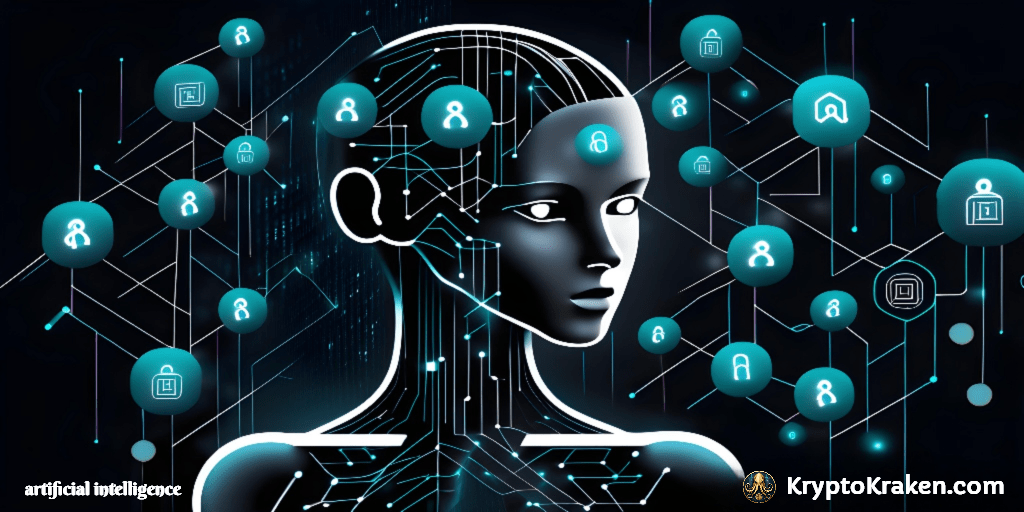
The Future of AI and Smart Contracts
Looking ahead, the future of AI and smart contracts appears highly promising. Predicted developments include the emergence of AI-powered smart contract platforms that enable even more sophisticated functionalities and seamless integration with existing systems. Industries across the board, from banking and insurance to supply chain management, stand to benefit from the increased efficiency and transparency brought about by AI and smart contracts.
However, it is crucial to consider the broader implications of AI and smart contracts on society. As these technologies become more prevalent, concerns around privacy and security escalate. Striking the right balance between convenience and safeguarding sensitive information will become increasingly essential.
Ethical Considerations in AI and Smart Contracts
One key aspect we must address is the ethical considerations surrounding AI and smart contracts. With AI’s ability to process vast amounts of data and make autonomous decisions, questions of privacy and security arise. It is vital to establish robust safeguards and ensure that personal information remains protected throughout the contract lifecycle.
Accountability and transparency also emerge as significant ethical considerations. When AI makes decisions autonomously, determining who is responsible for any potential errors or biases becomes a complex issue. Striking the right balance between autonomy and accountability will be crucial in ensuring the ethical implementation of AI-powered smart contracts.
Privacy and Security Concerns
Privacy is a significant concern when it comes to AI and smart contracts. As these technologies handle sensitive data, it is essential to implement stringent security measures to prevent unauthorized access and data breaches. Strong encryption methods and secure infrastructure must be in place to protect the privacy of individuals and entities involved in the contract.
Moreover, as smart contracts rely on blockchain technology, it is essential to address potential vulnerabilities and ensure the network’s resilience against malicious attacks. Collaborative efforts among industry stakeholders and regulatory bodies will be crucial in establishing robust security standards and frameworks. For more about smart contracts and security, read: Using AI to Enhance Smart Contract Security
The Question of Accountability and Transparency
AI’s ability to make autonomous decisions raises fundamental questions of accountability and transparency. When AI algorithms generate contract terms or execute actions, determining who is ultimately responsible becomes challenging. Clear guidelines and legal frameworks are needed to define the roles and responsibilities of AI entities, ensuring that accountability is appropriately assigned.
Transparency is also key in building trust in the use of AI-powered smart contracts. Ensuring that individuals have access to relevant information, including explanations behind AI-generated decisions, promotes transparency and enables effective oversight.
In conclusion, the applications of artificial intelligence in smart contracts hold tremendous potential for transforming industries and creating more efficient, secure, and transparent contractual processes. As AI continues to progress and smart contract adoption expands, we must address ethical considerations, ensure data privacy and security, and define appropriate accountability frameworks. By doing so, we can fully maximize the benefits of AI and smart contracts while safeguarding the interests of all parties involved.



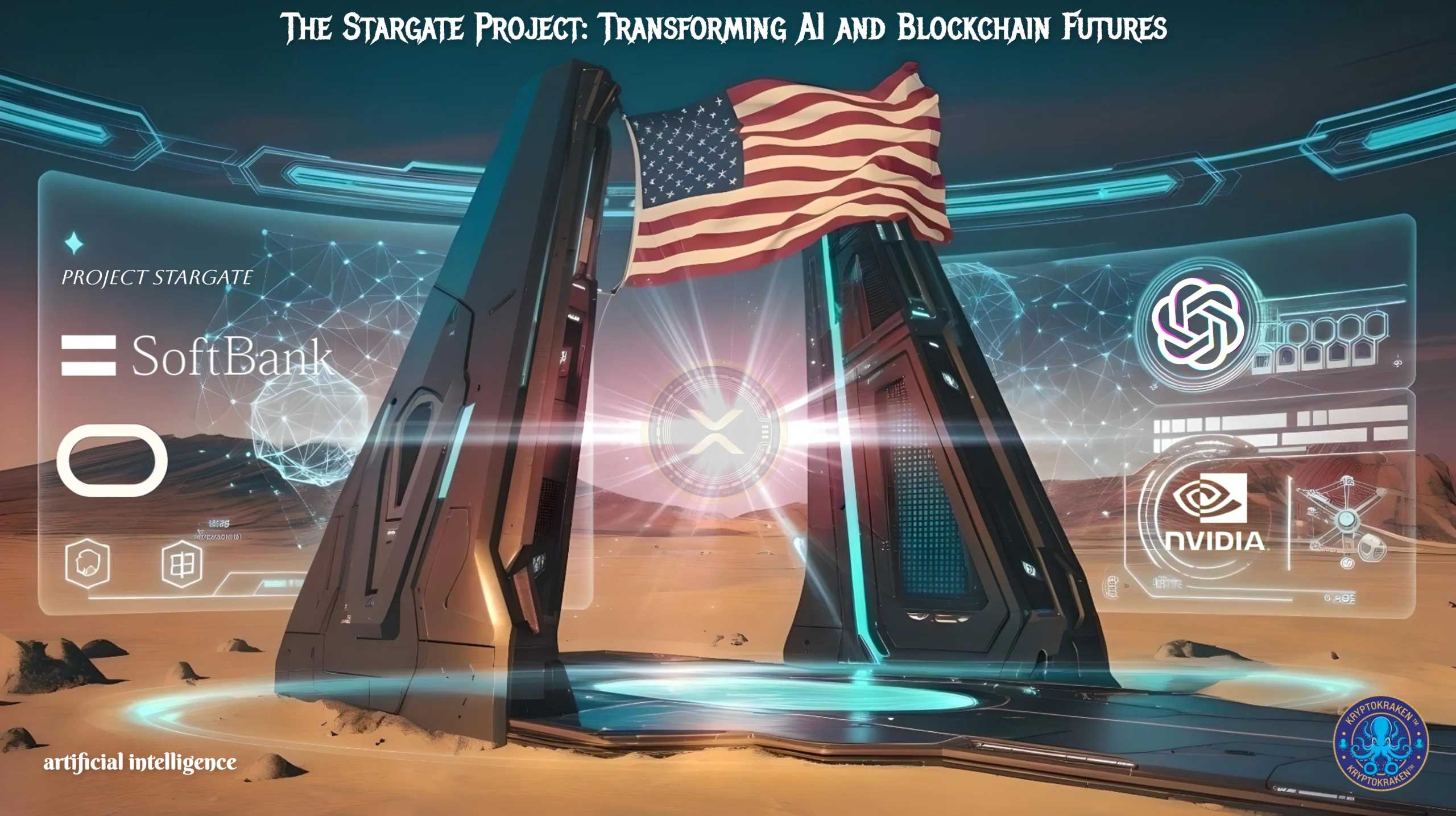
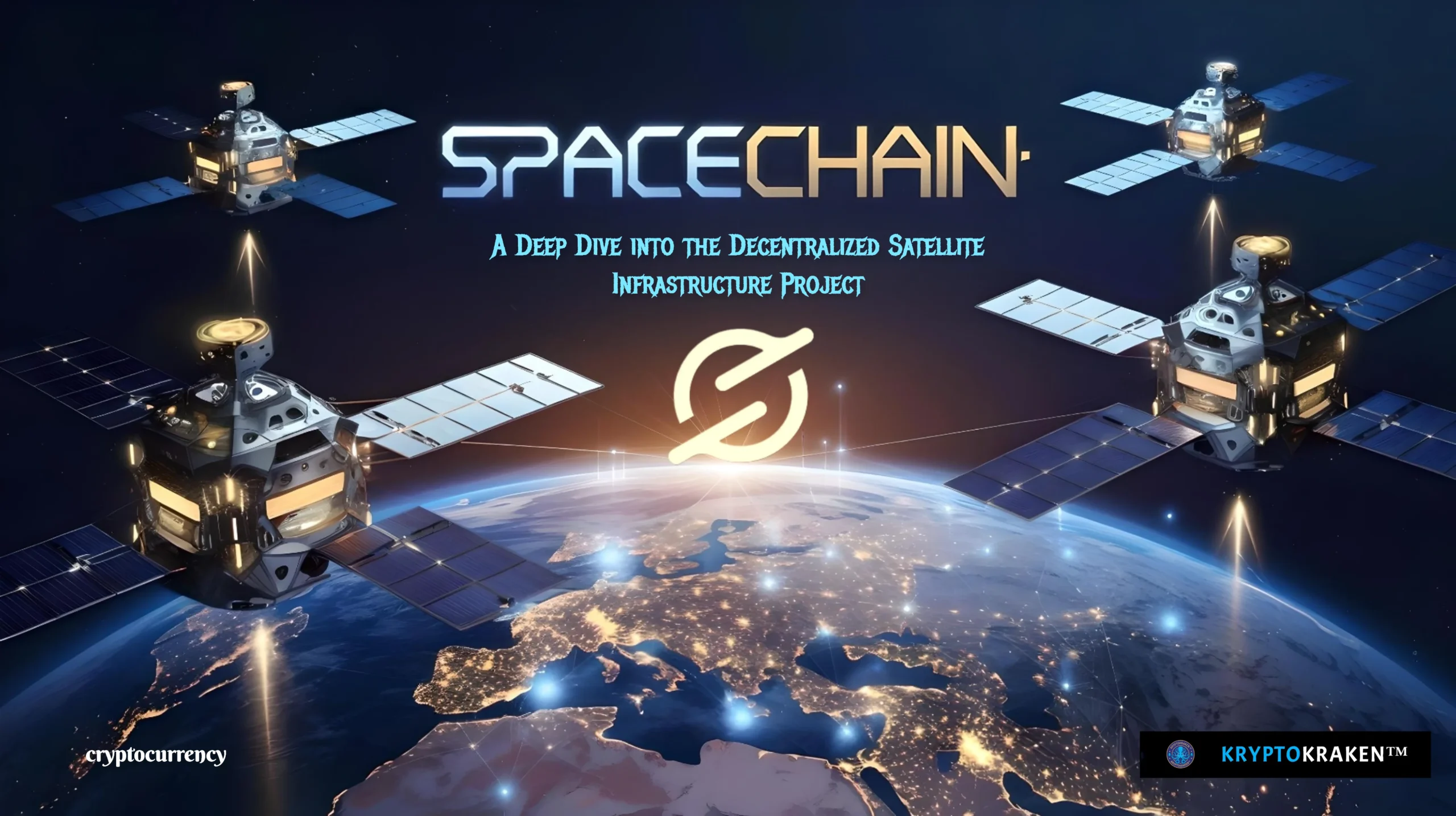
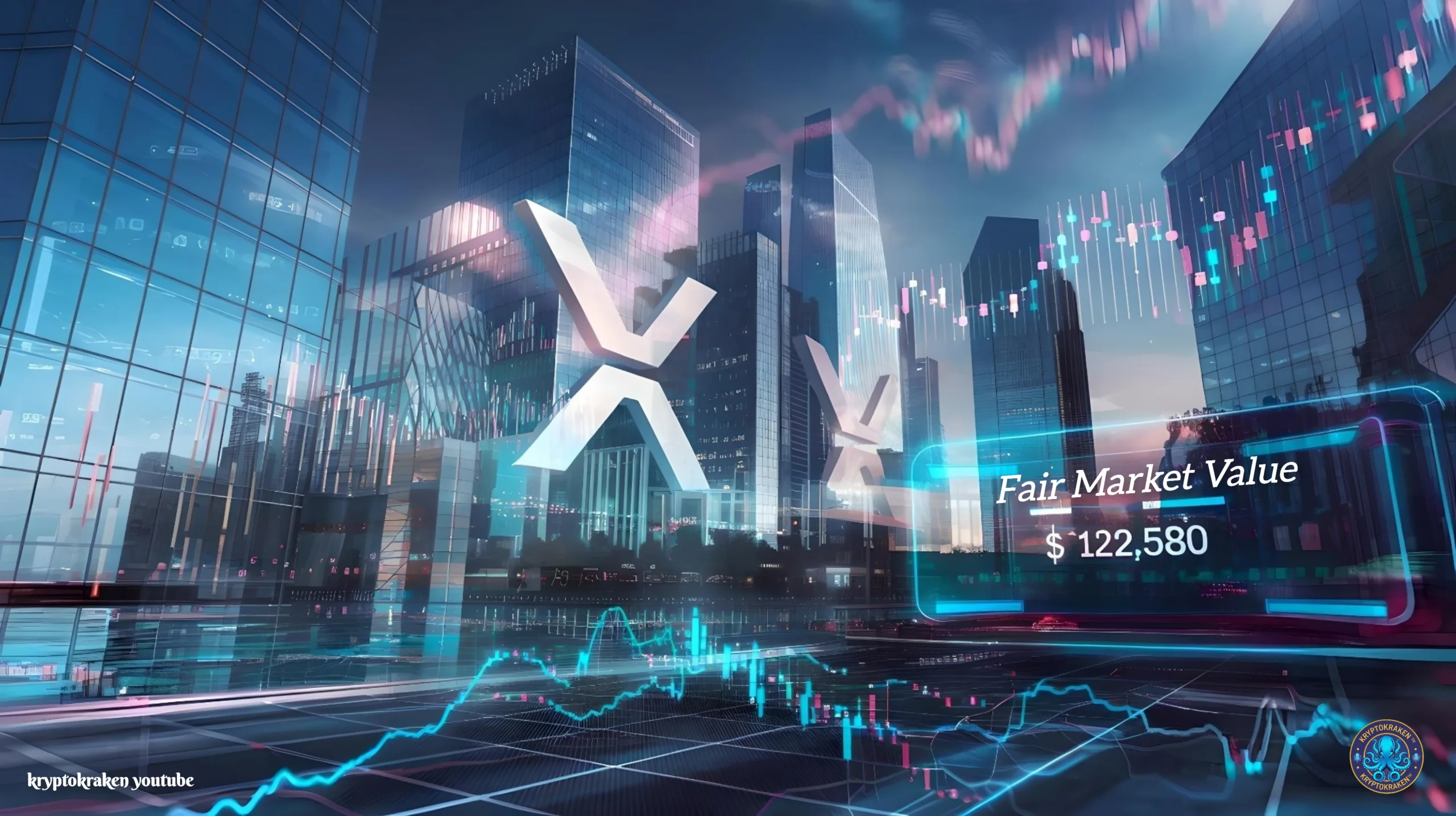

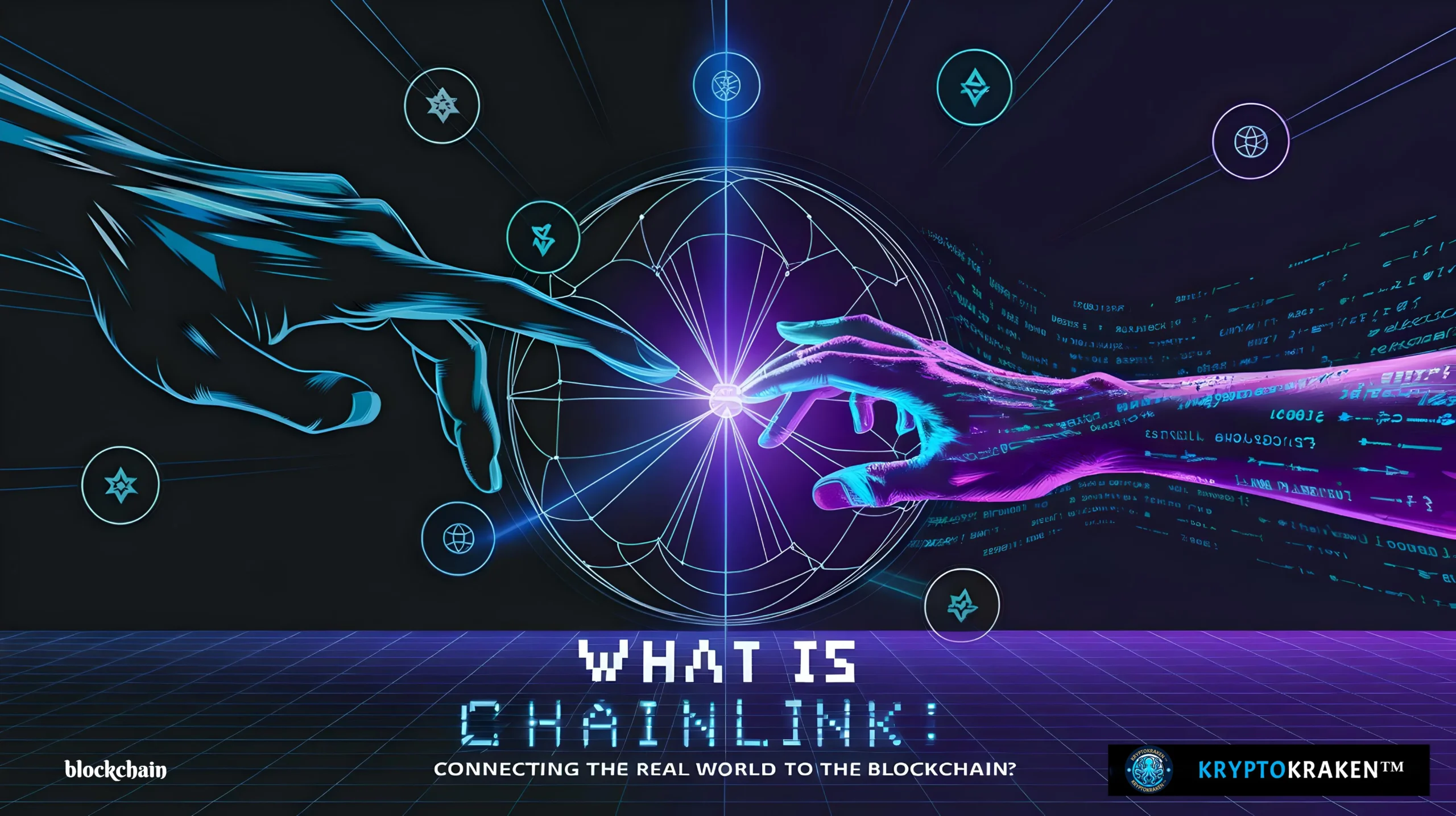
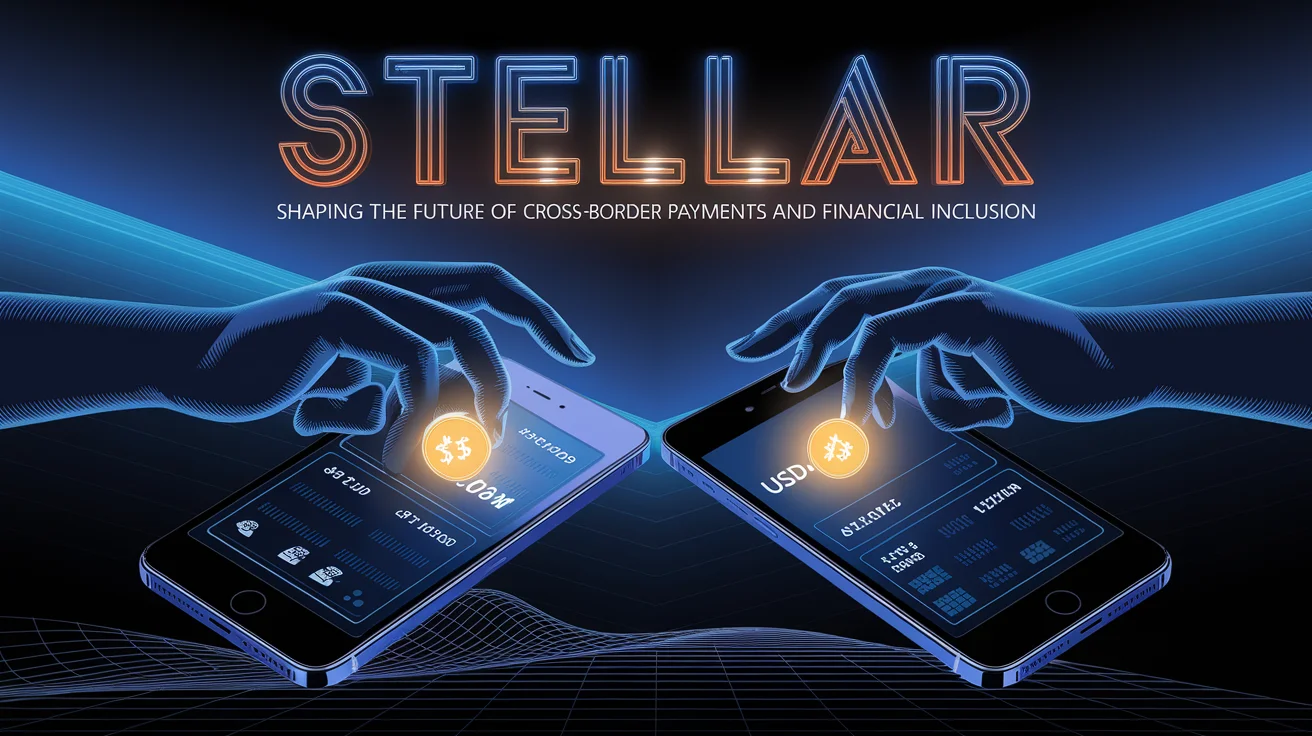
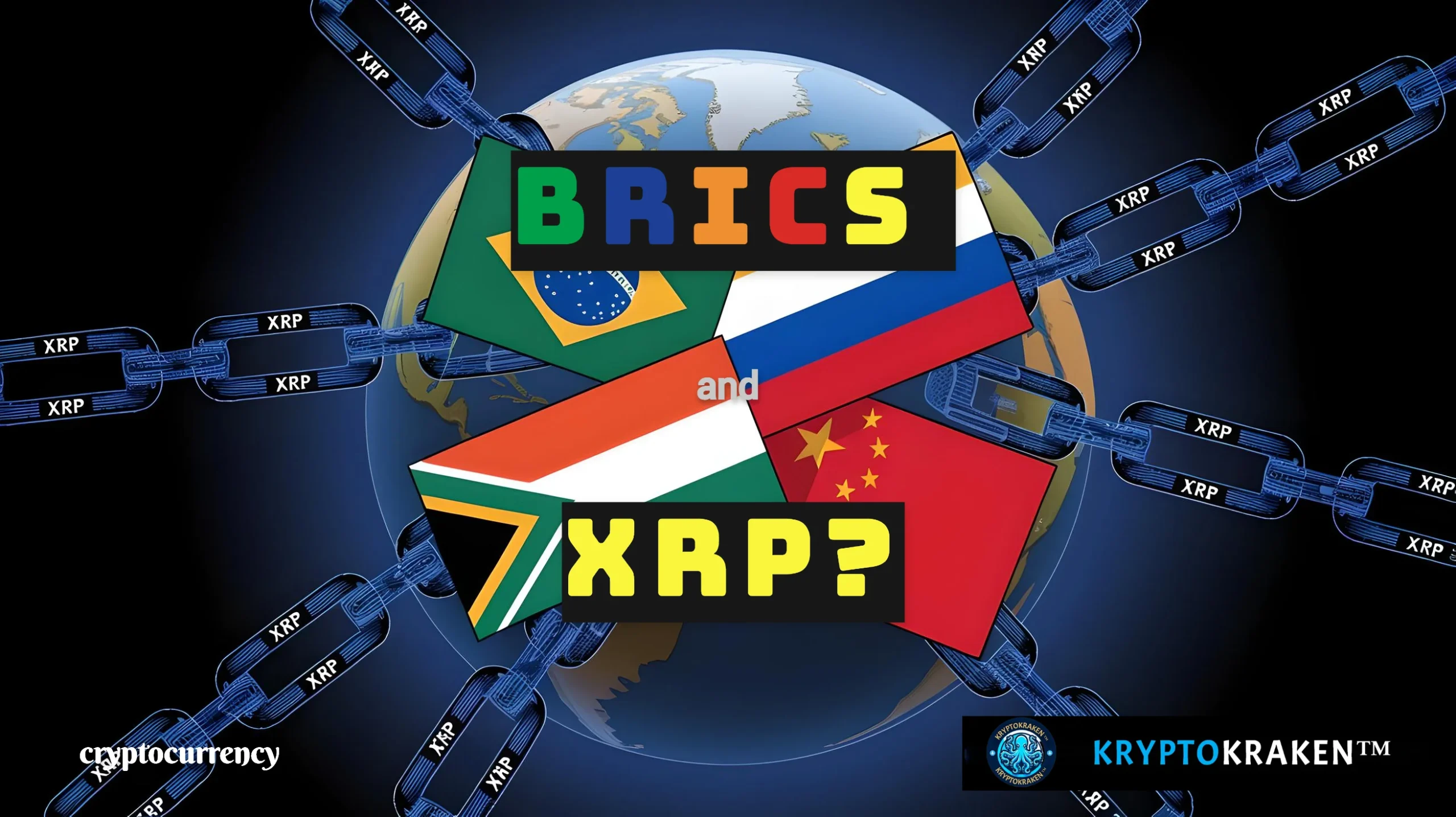

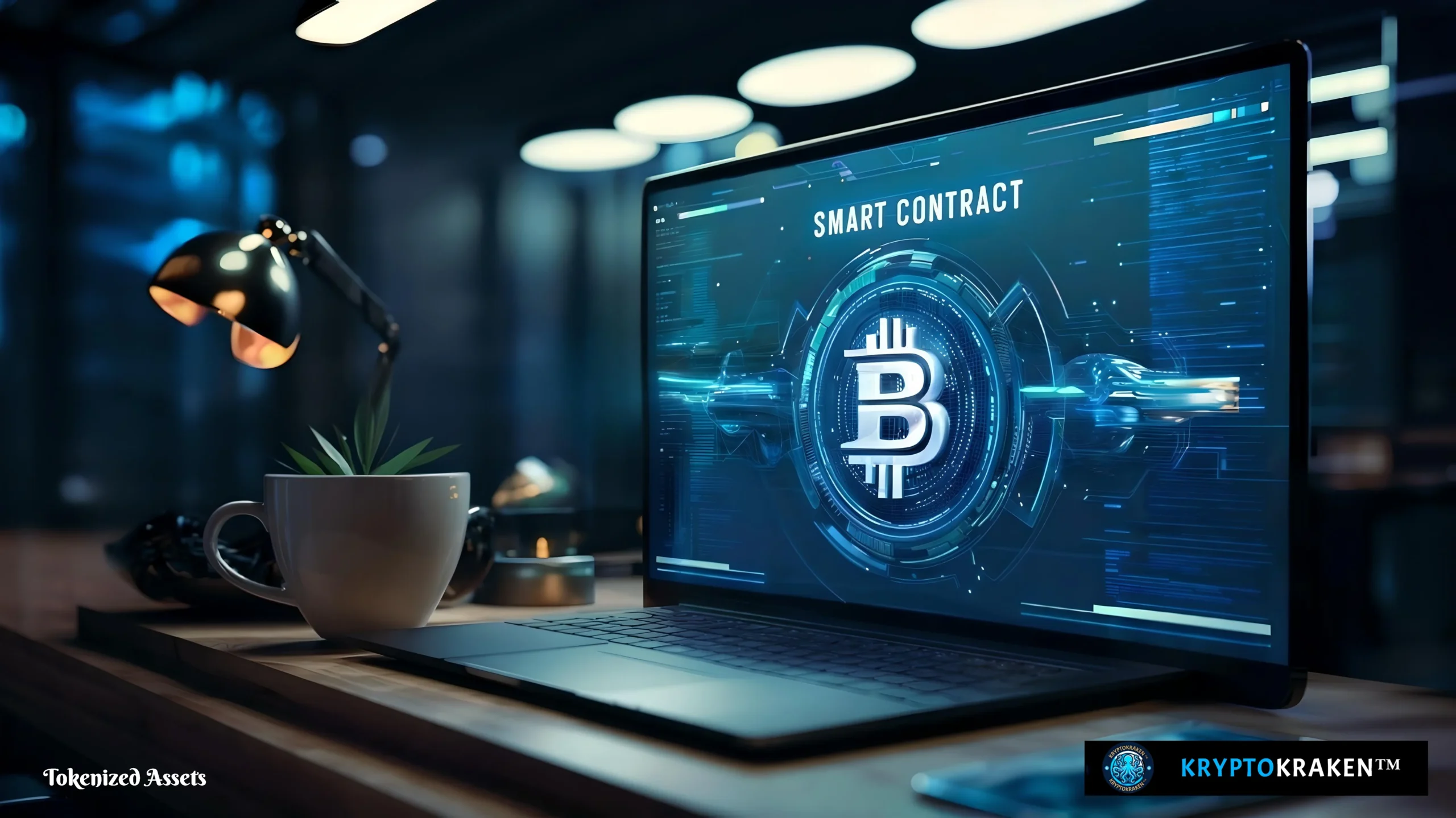

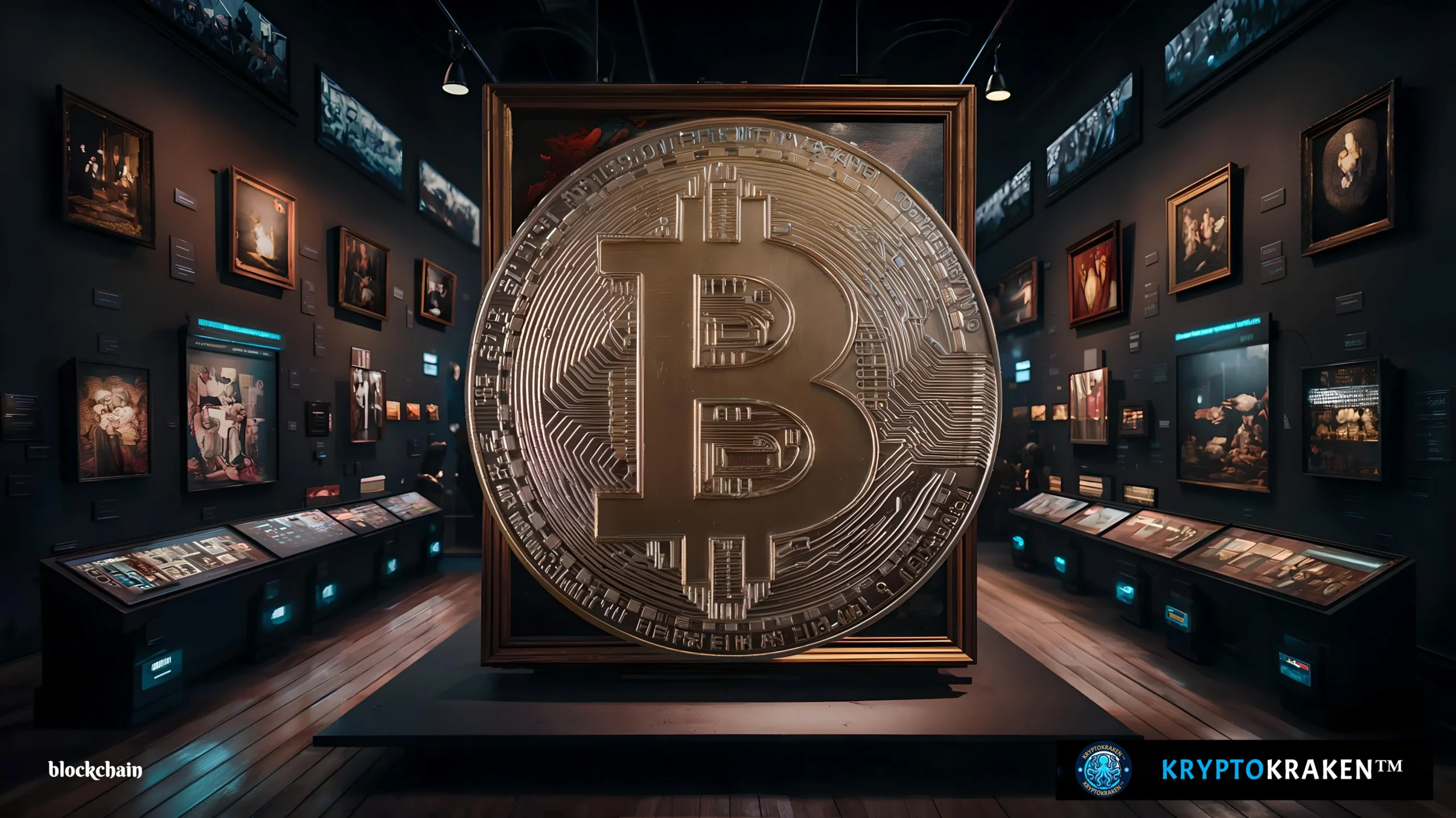



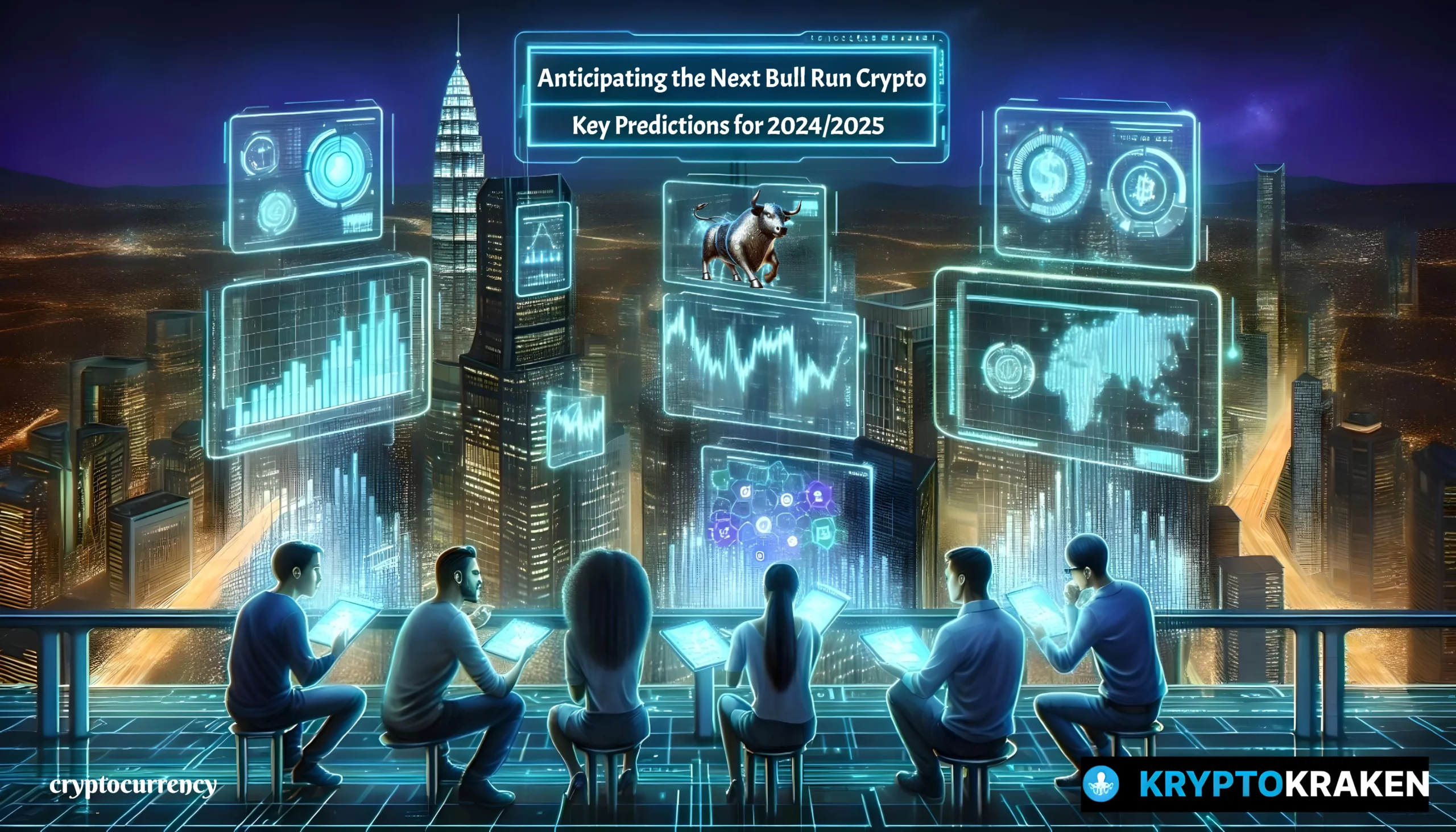
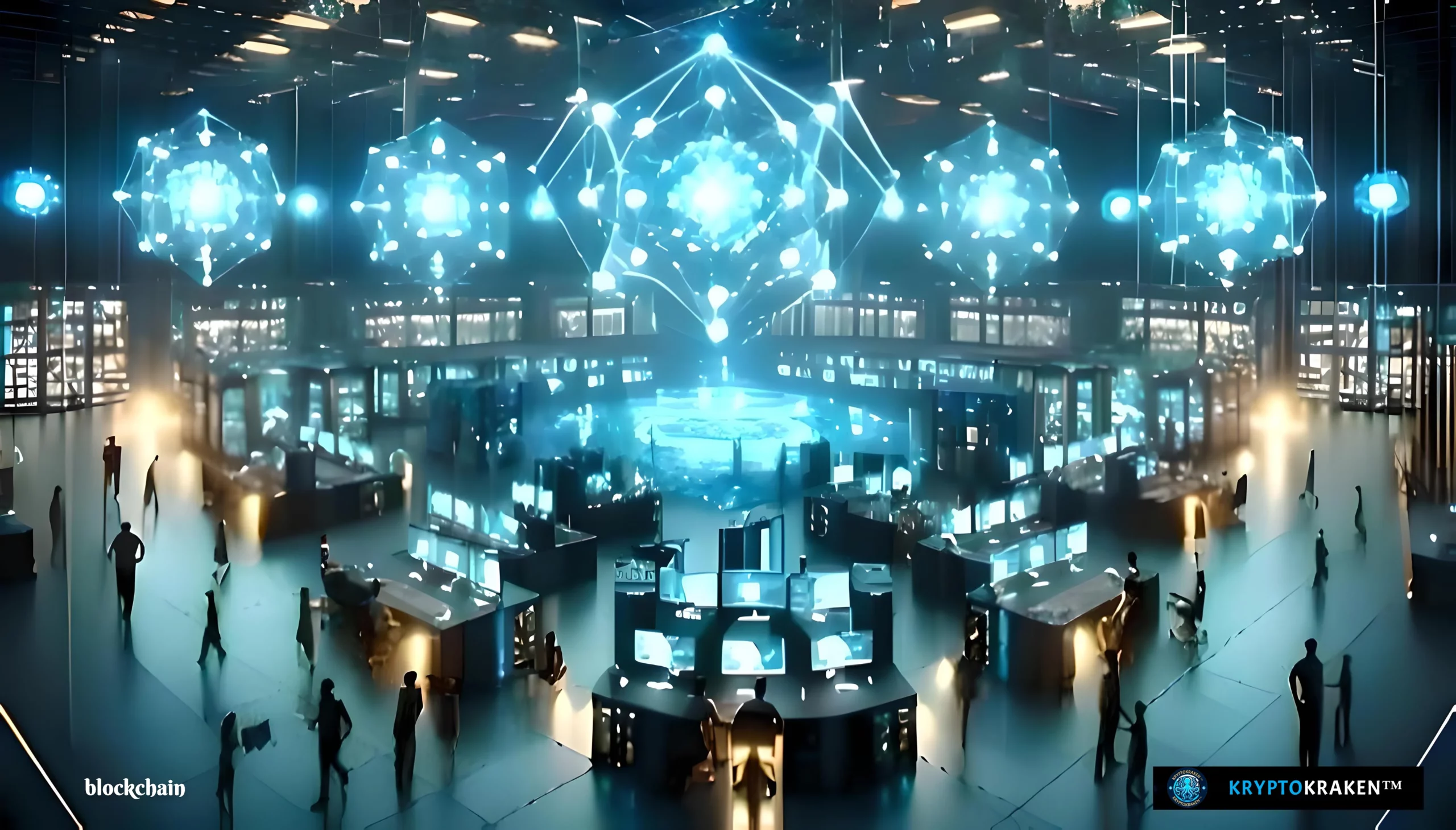

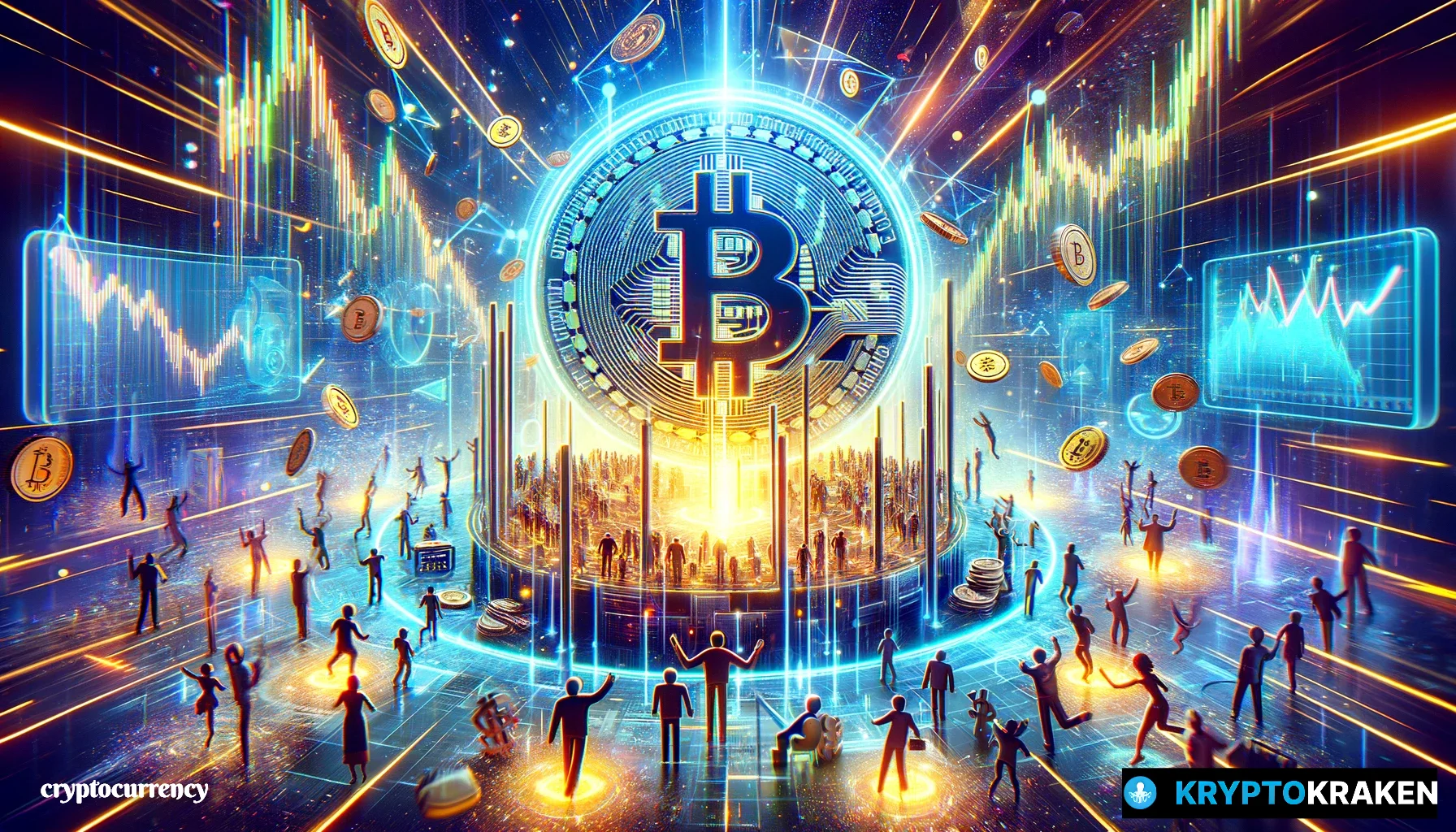
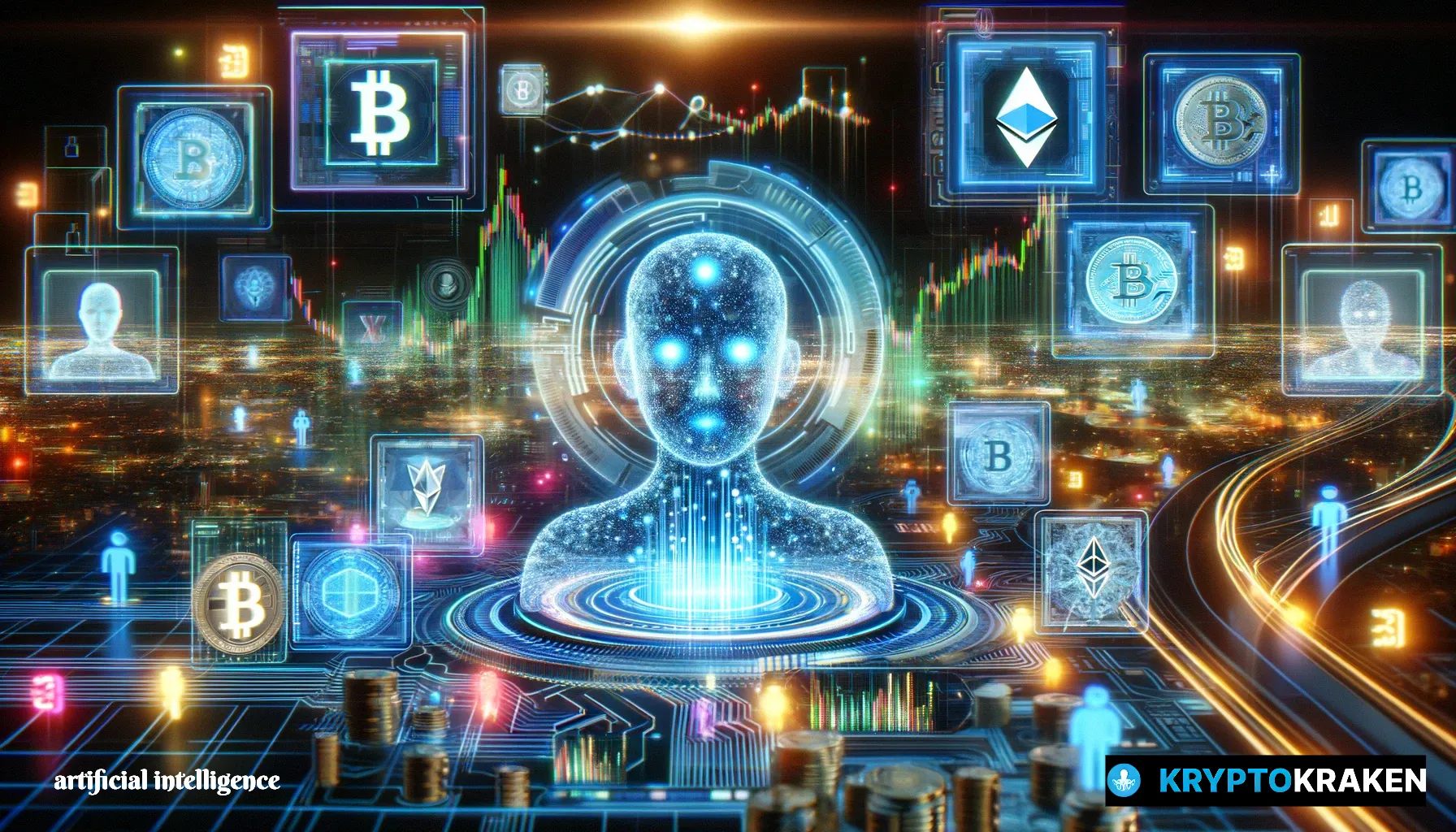
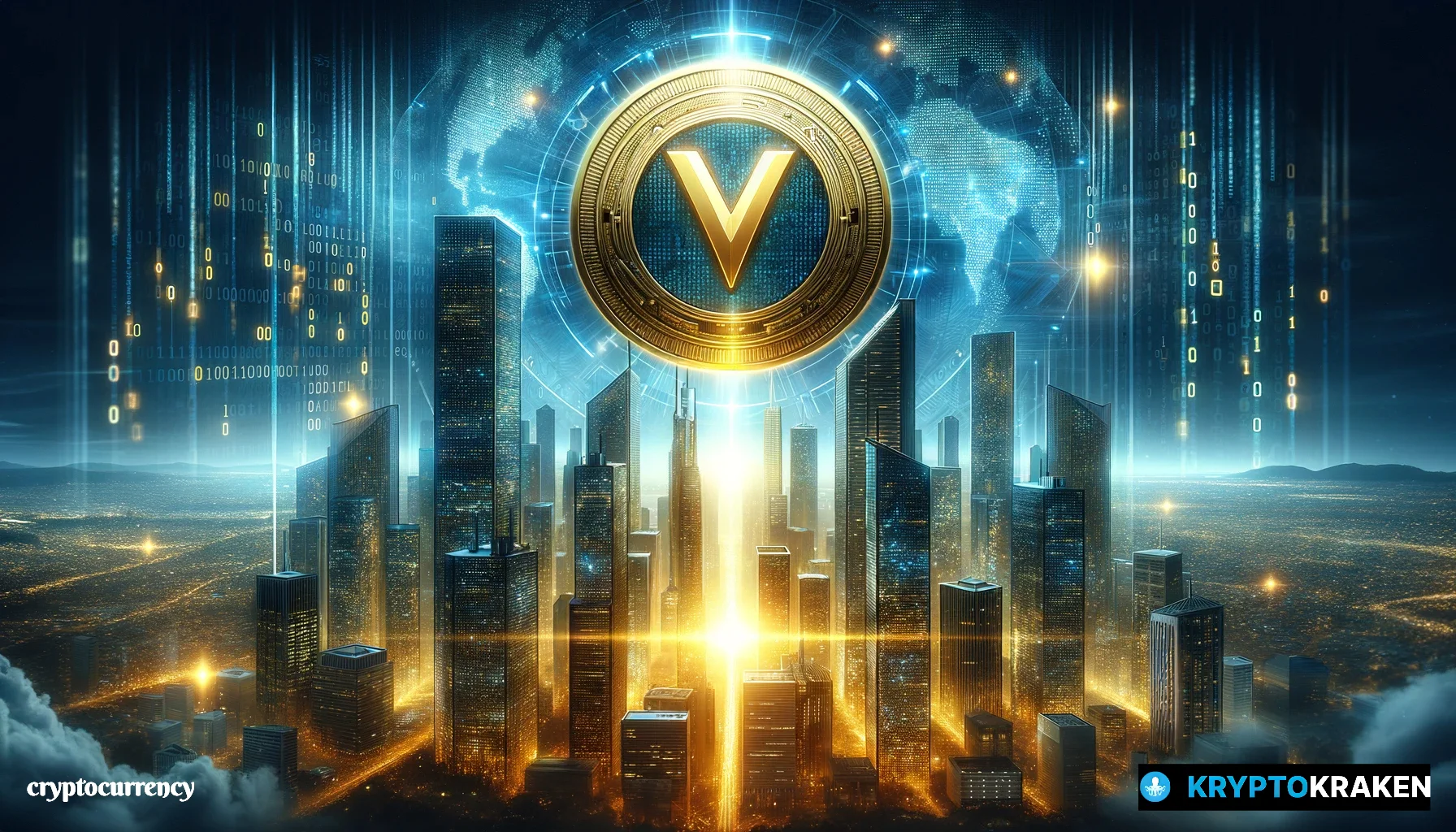
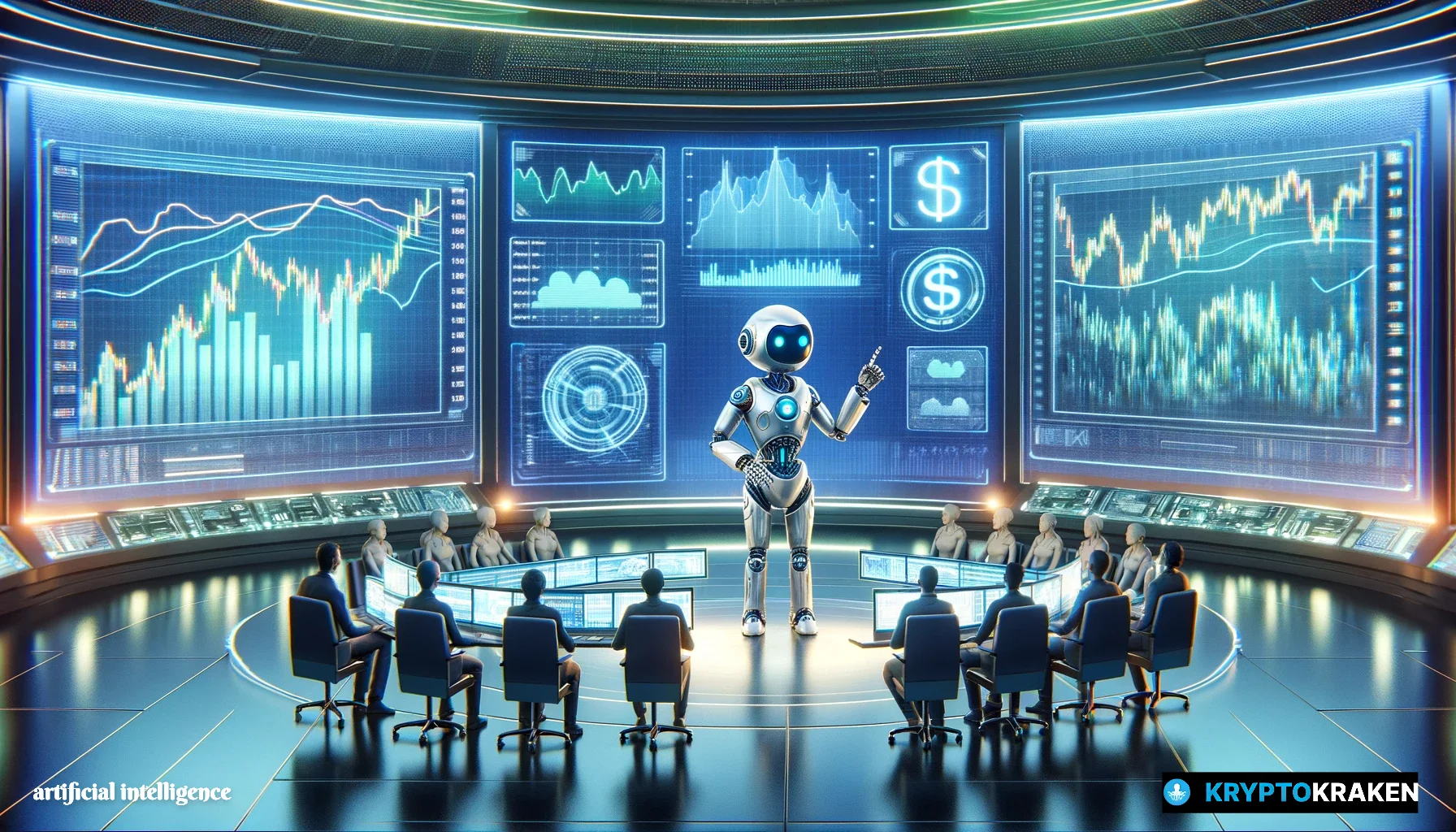

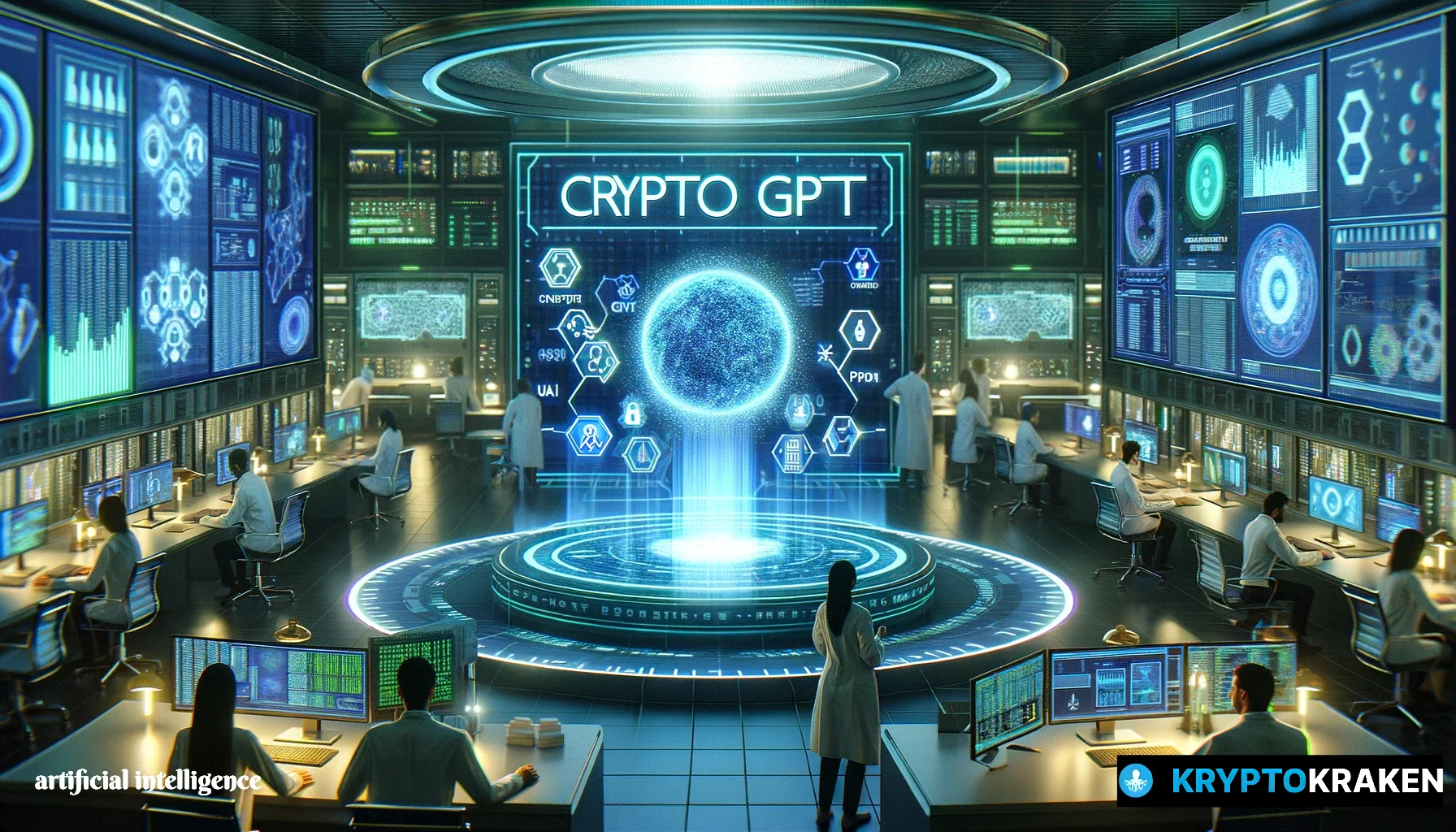
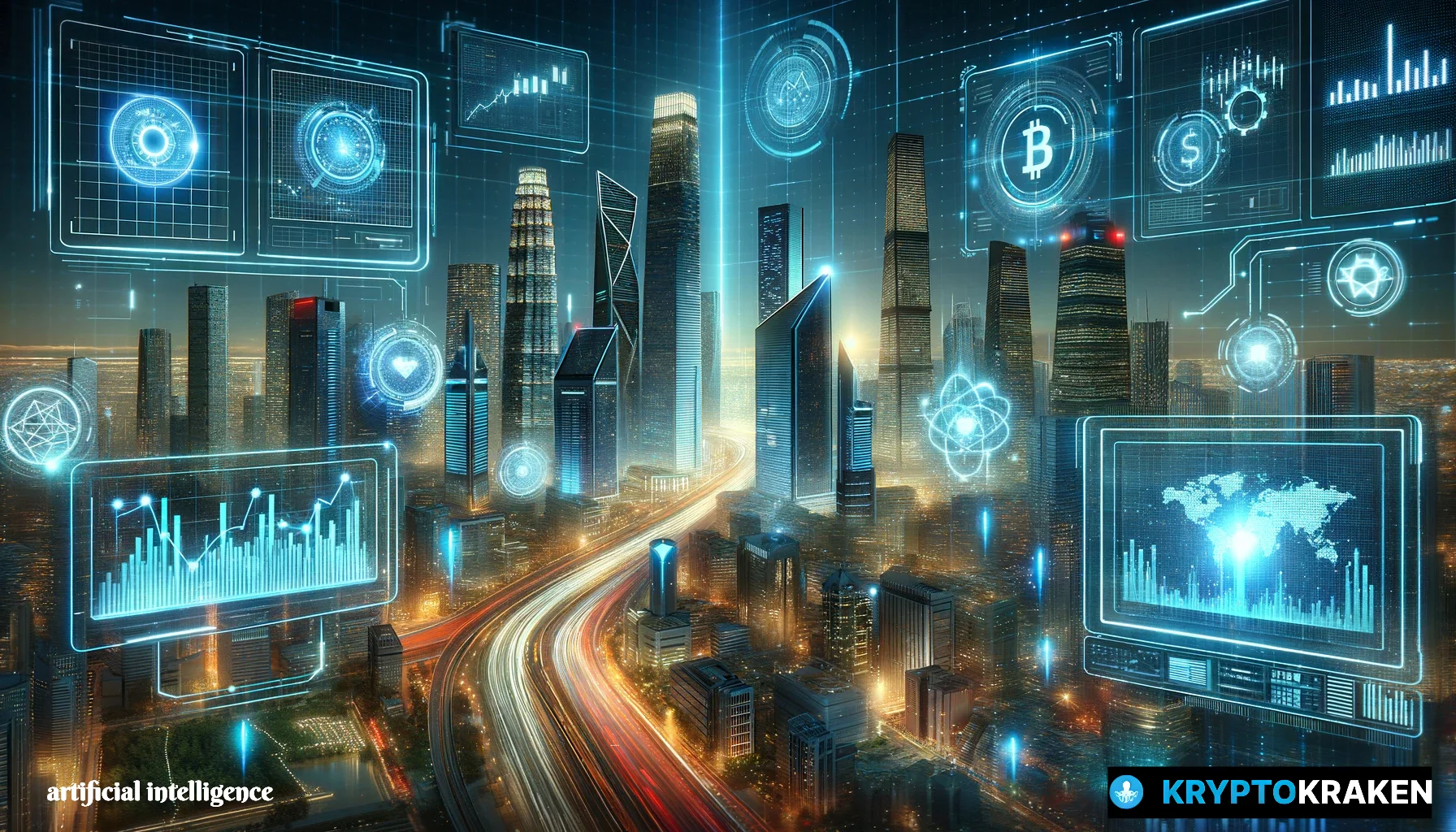
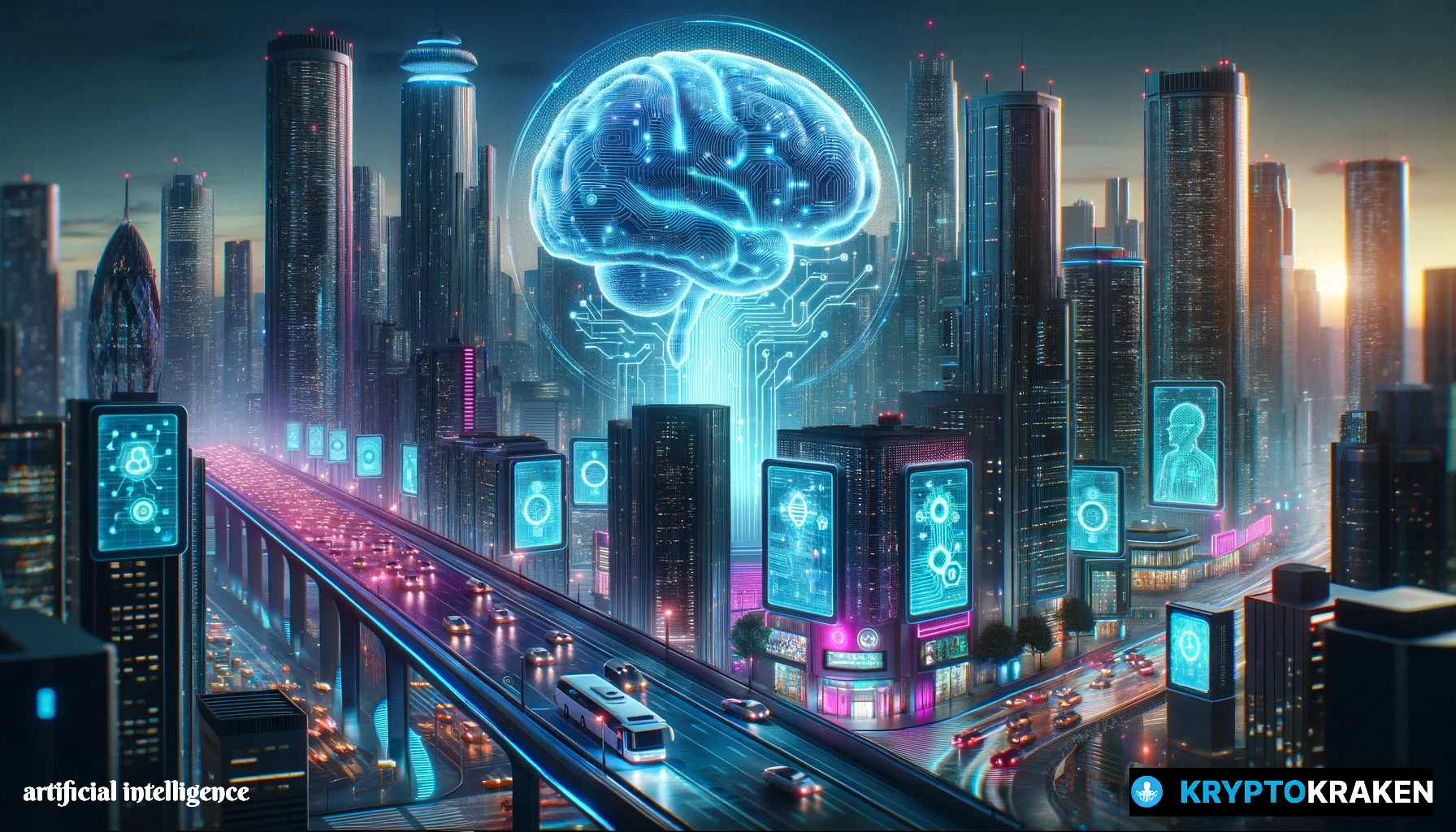
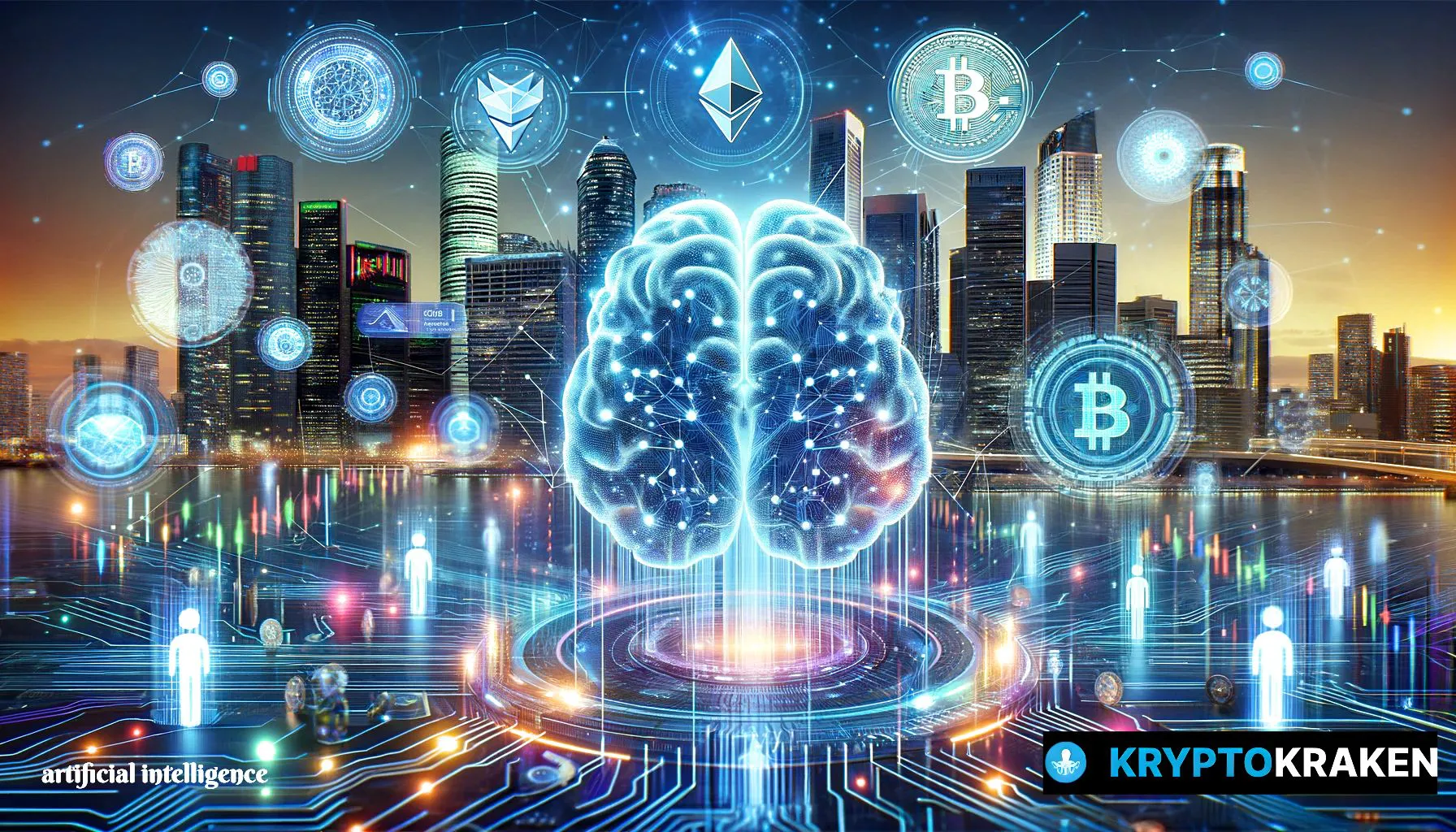
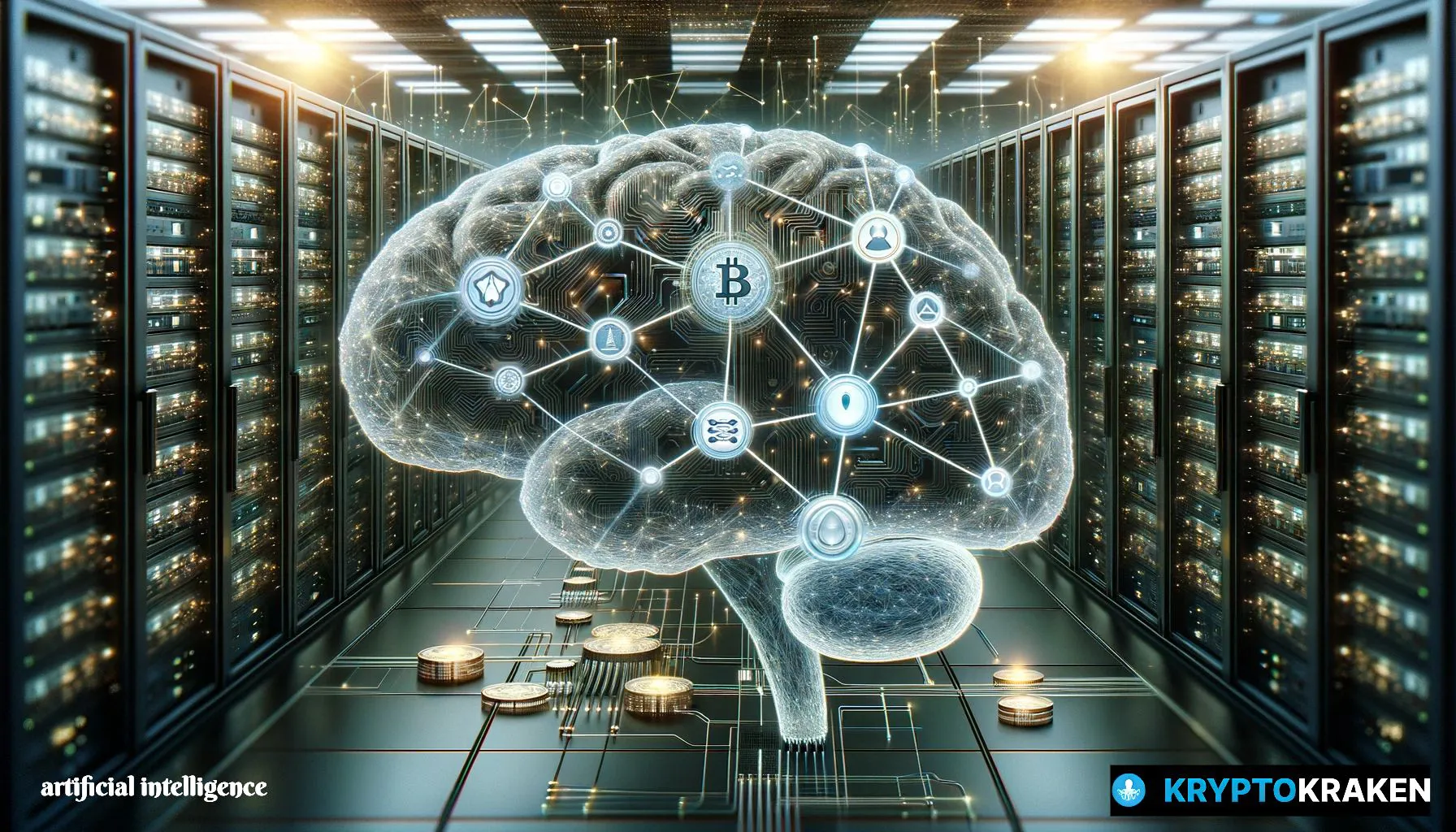
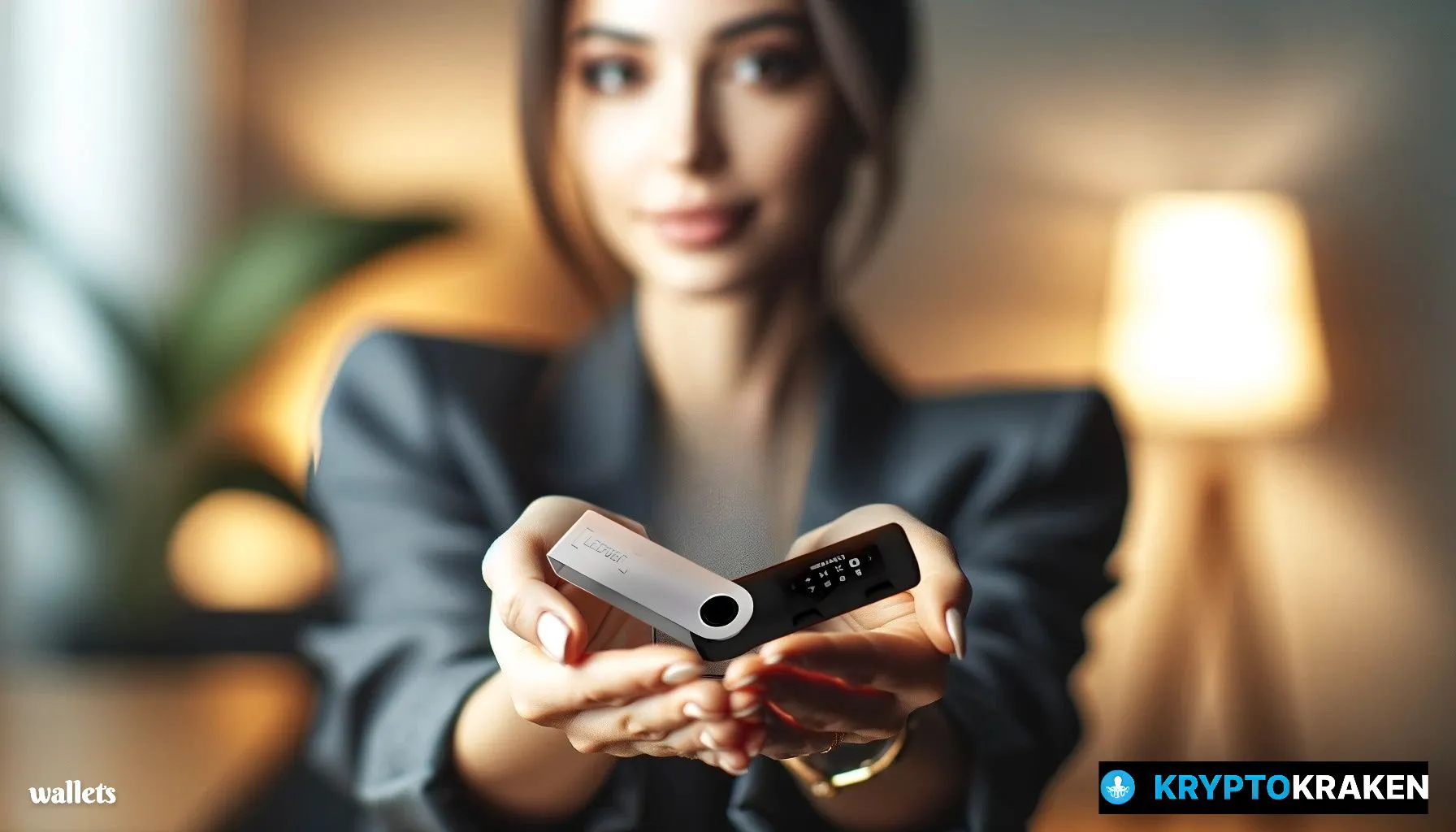
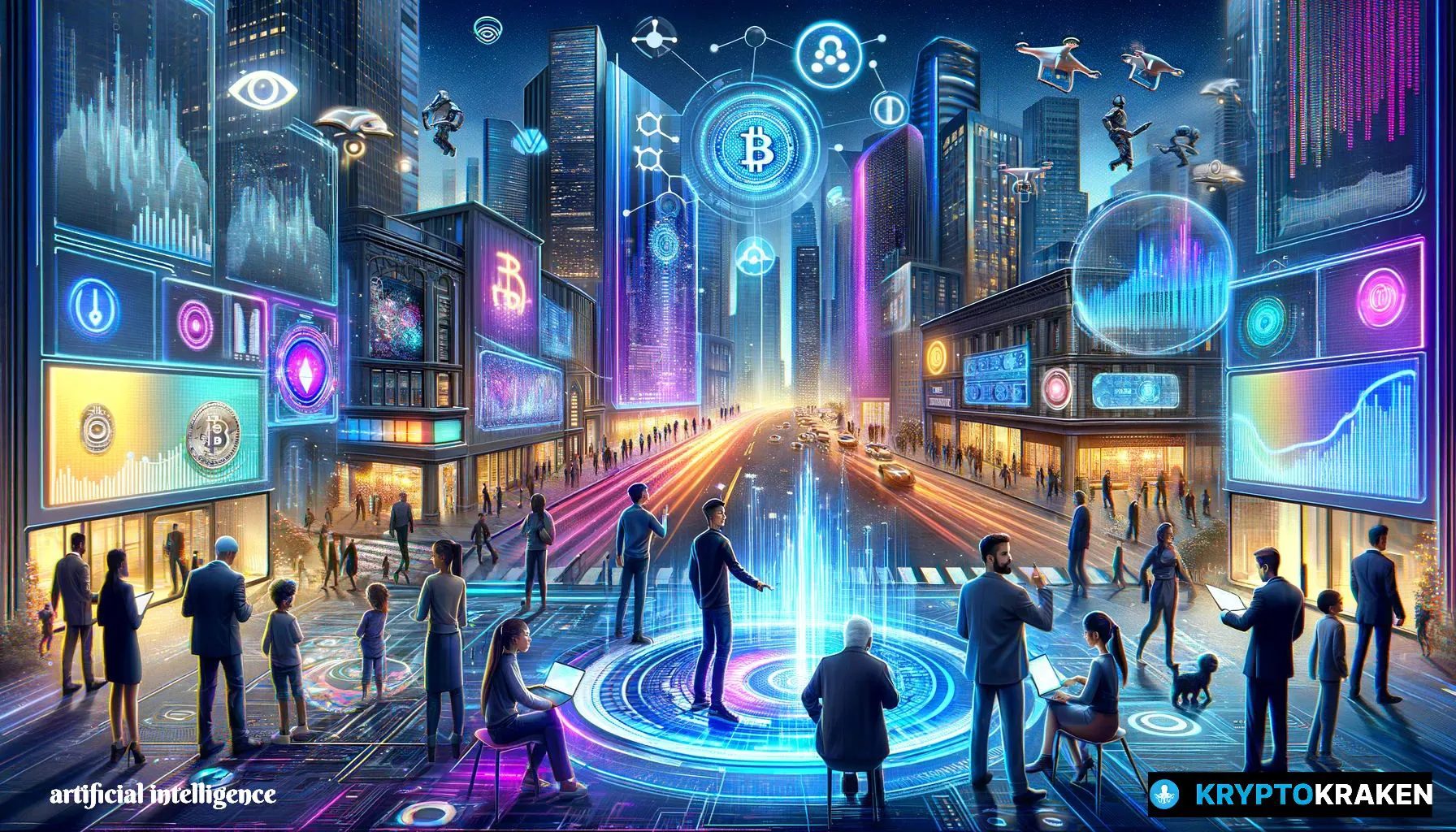
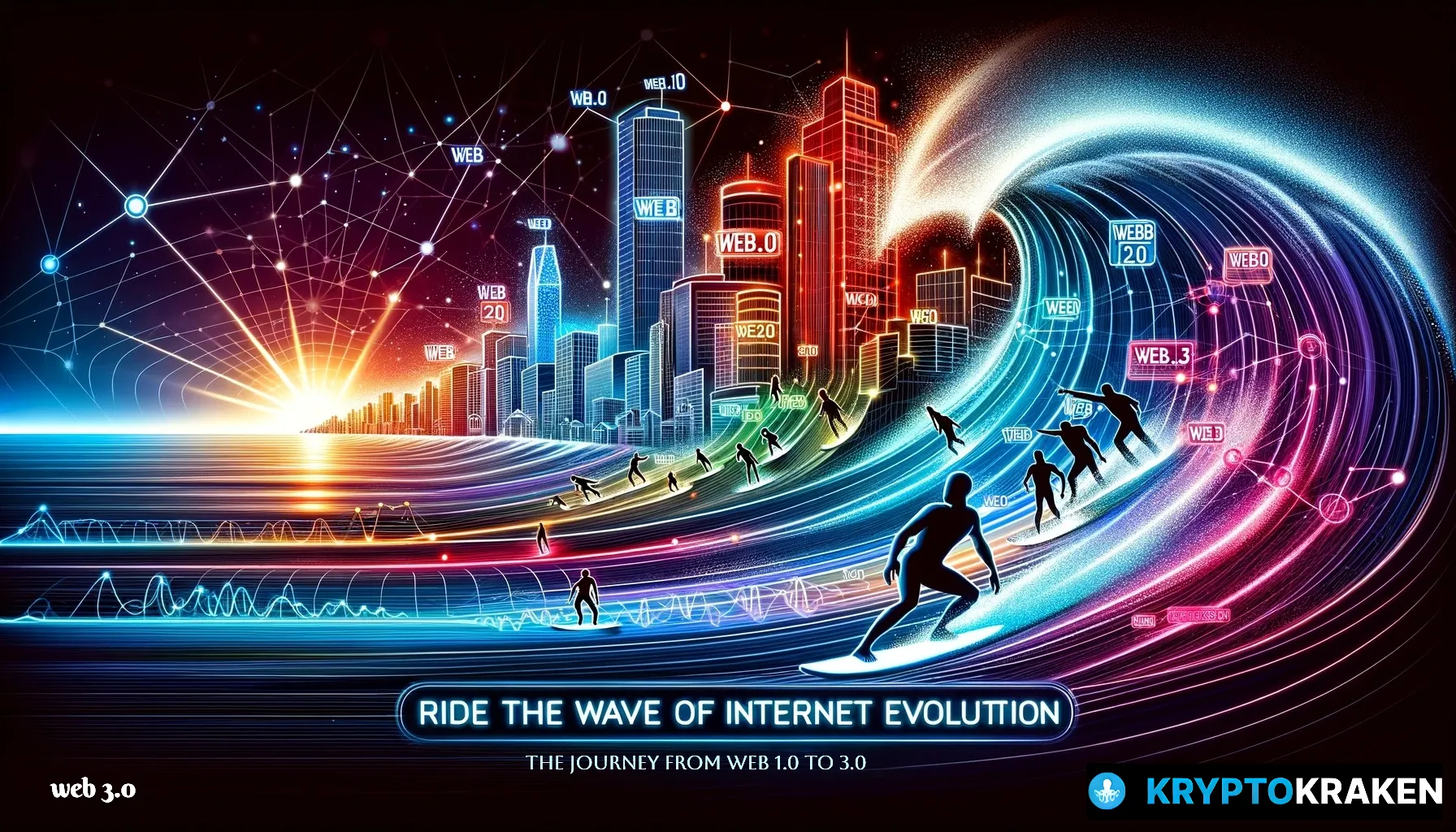

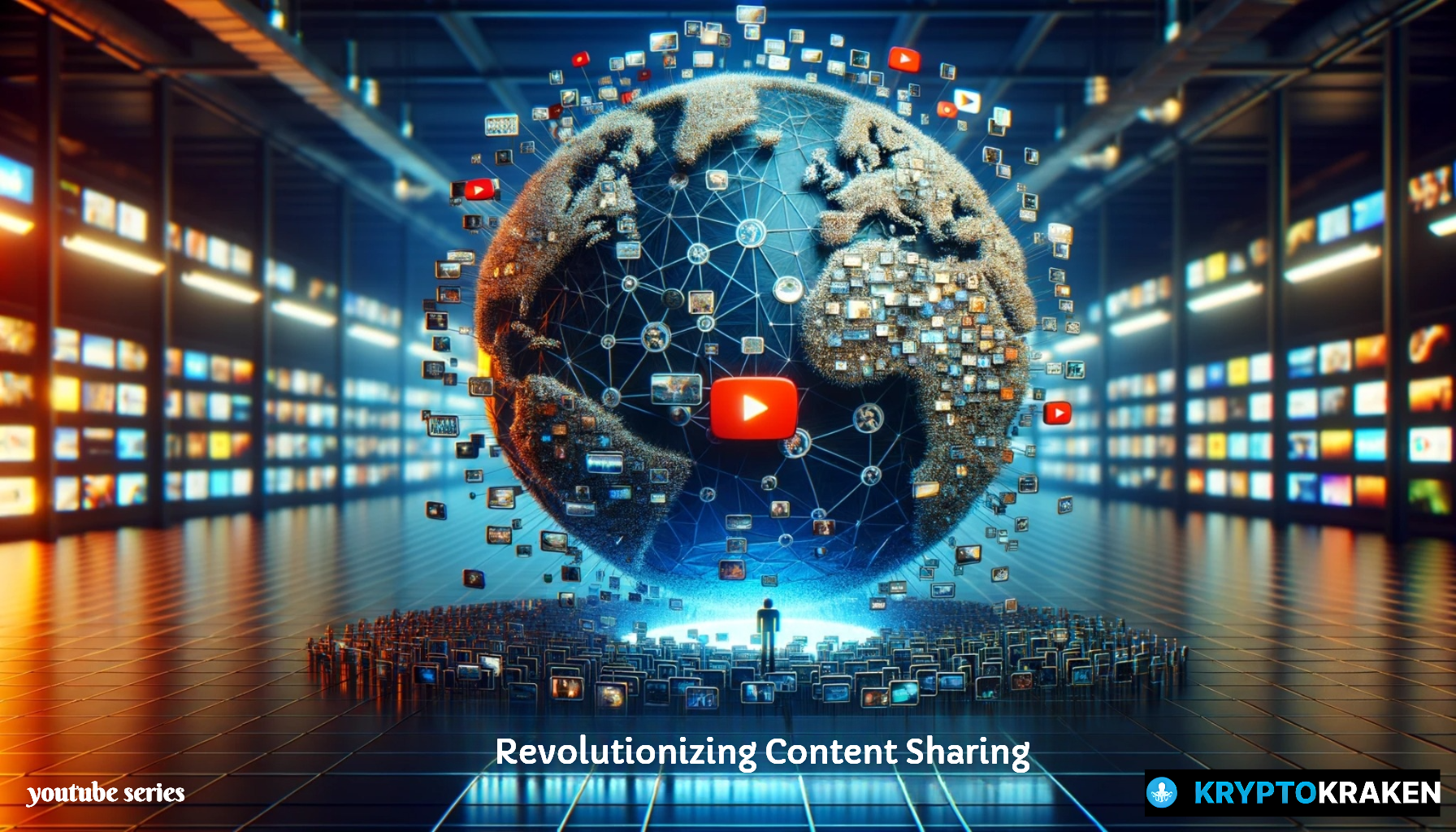
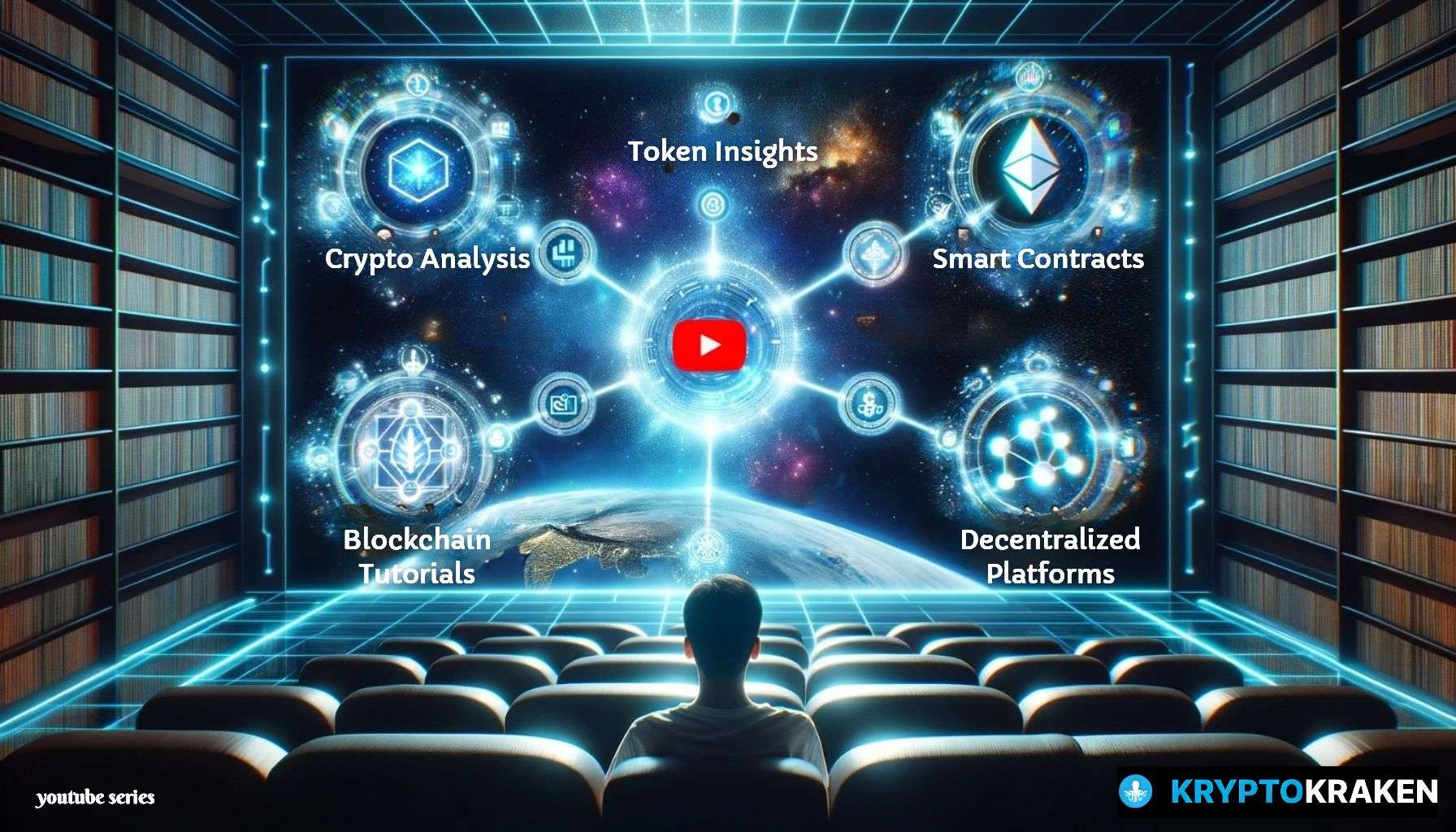



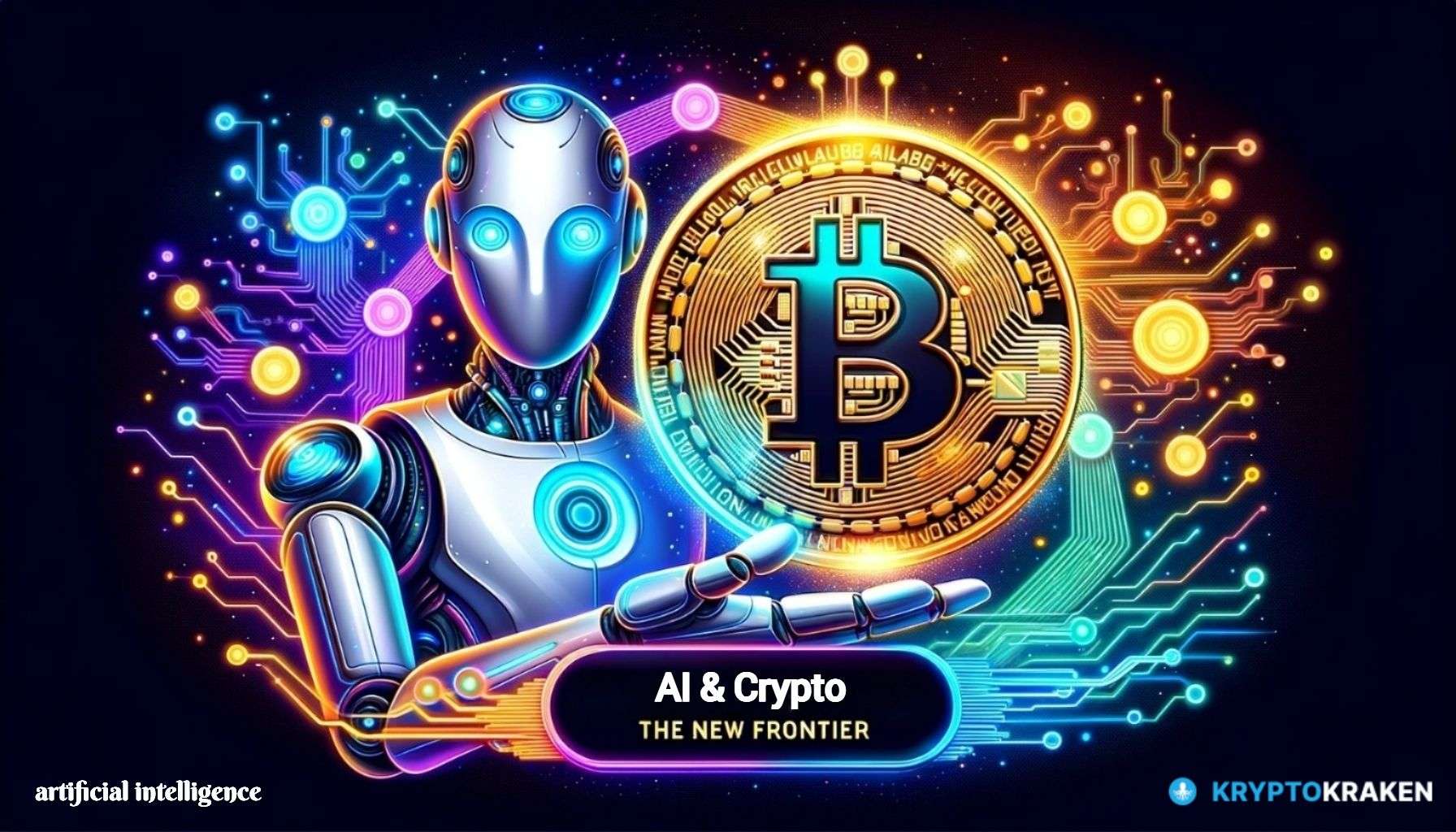

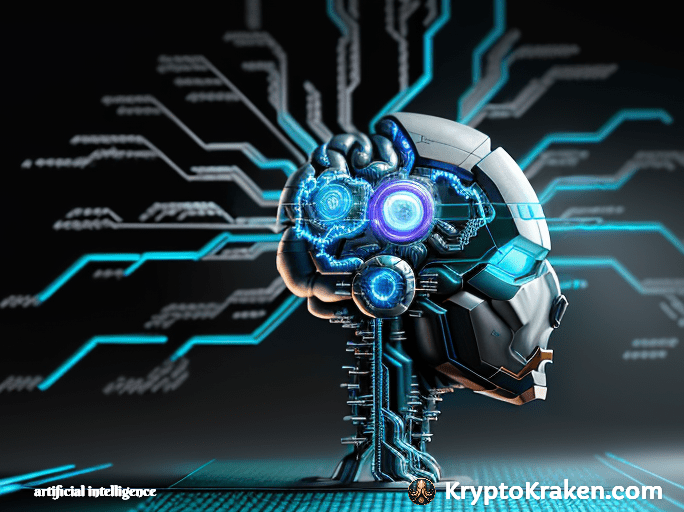
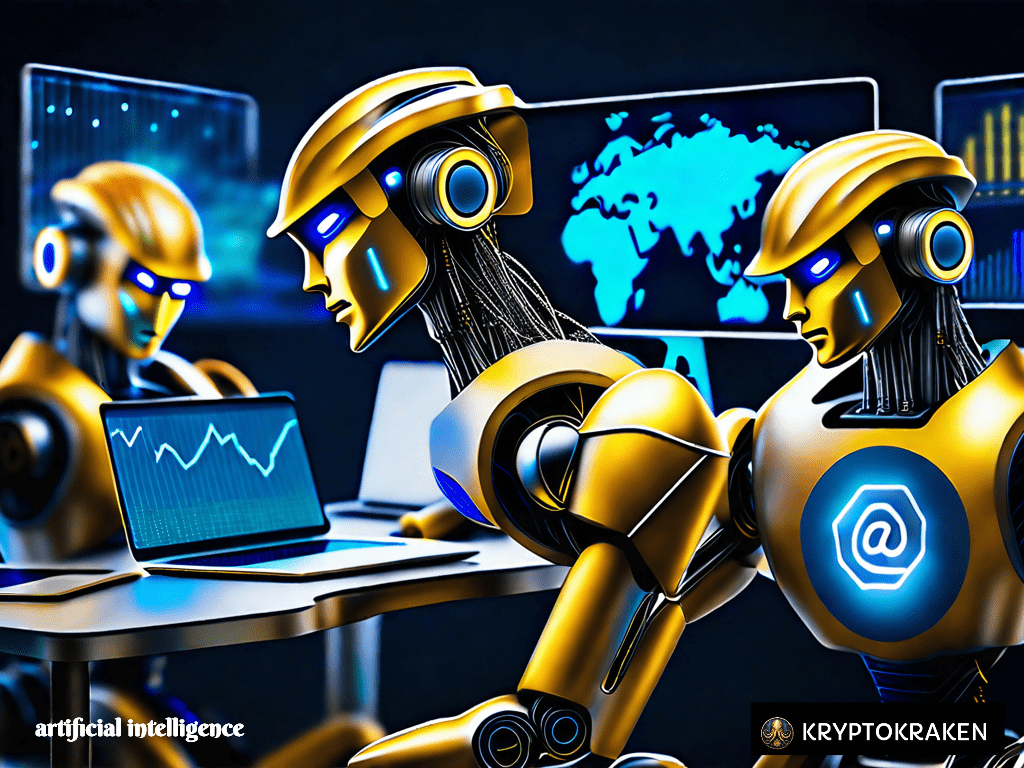
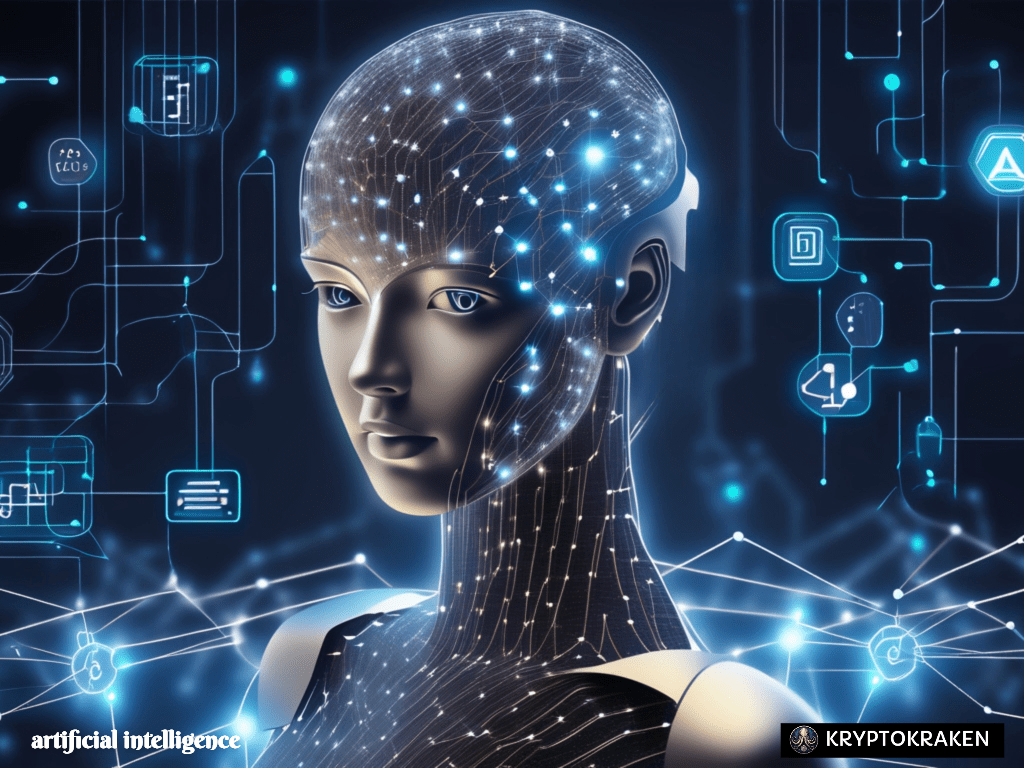
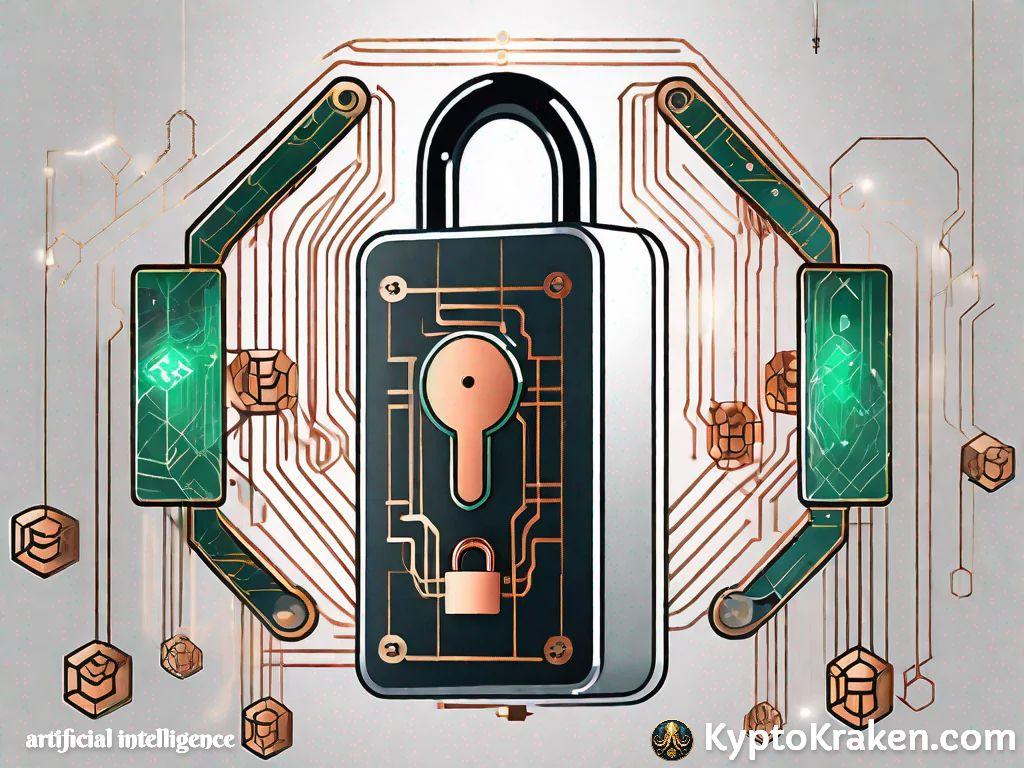
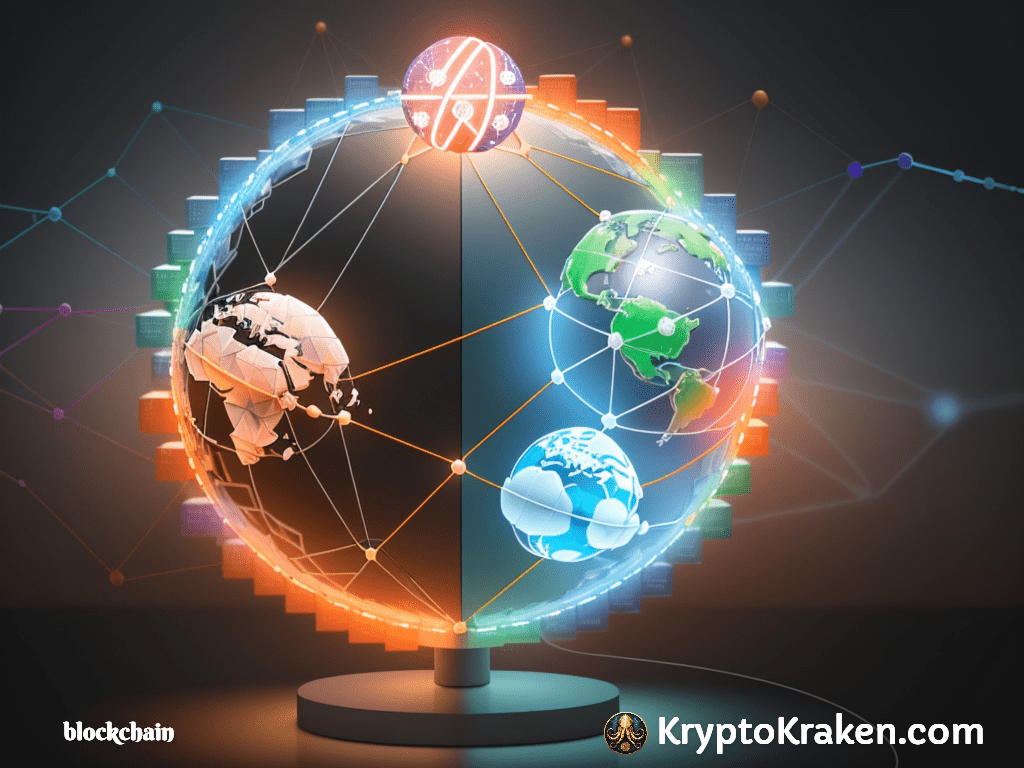
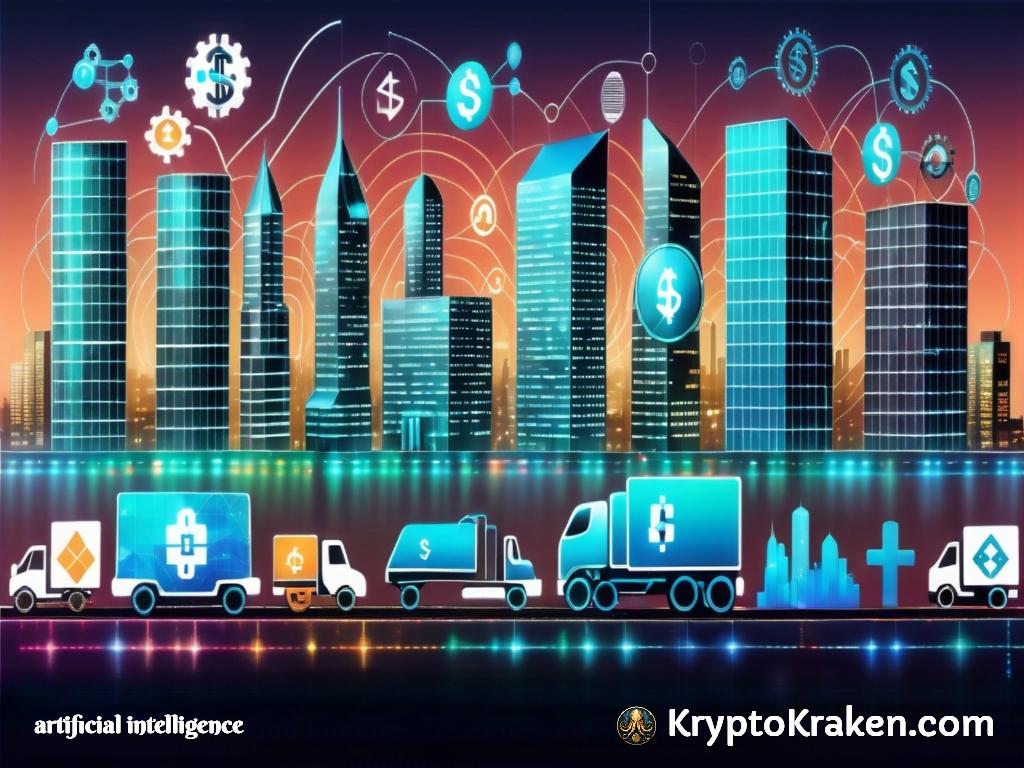
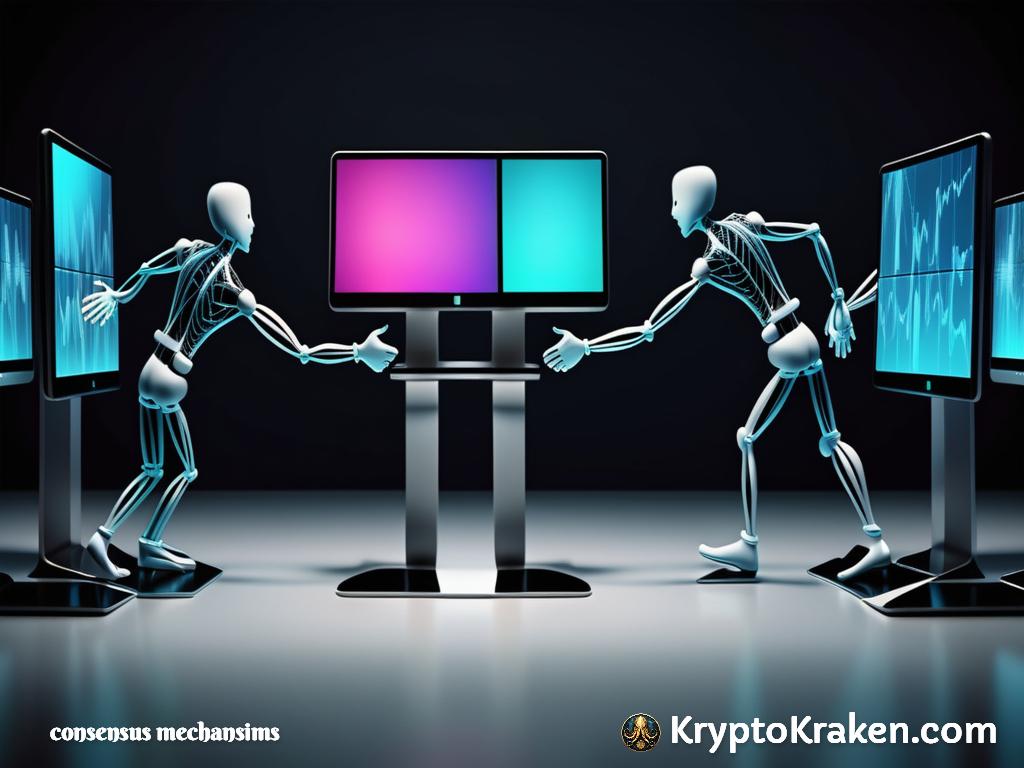

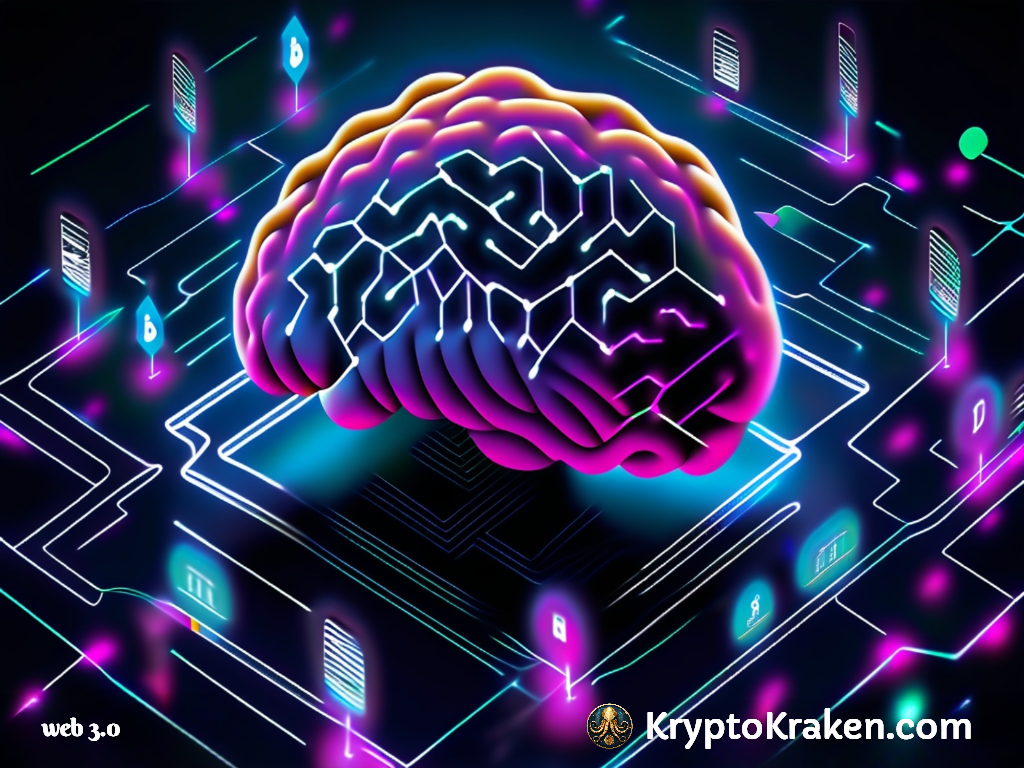
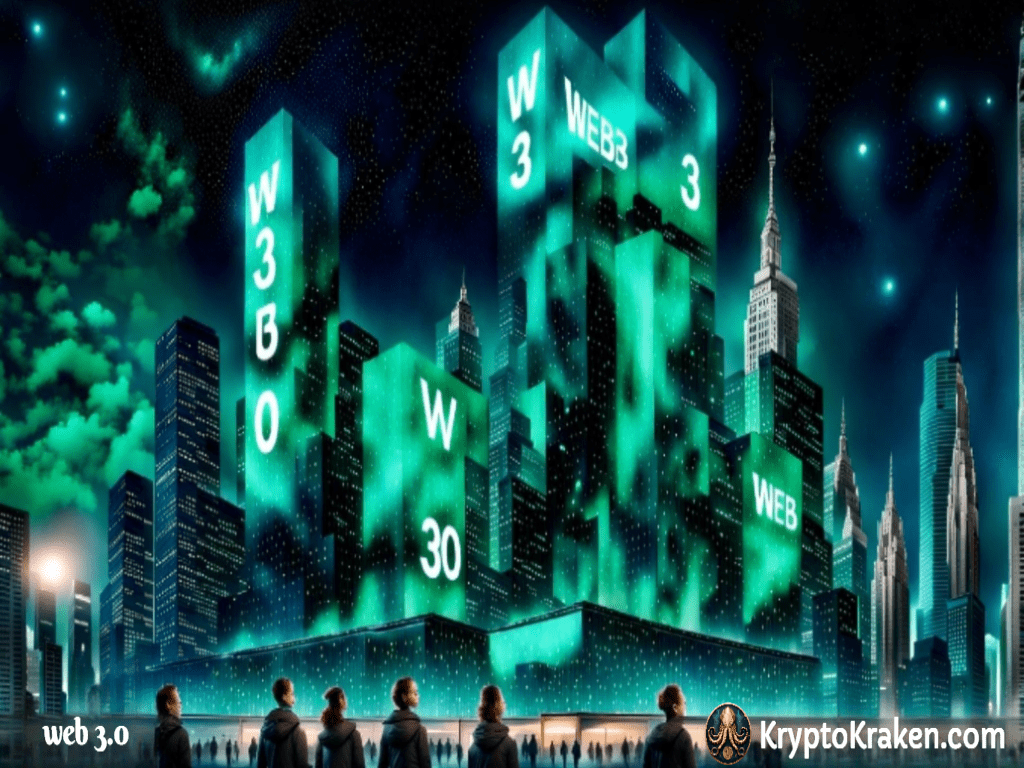
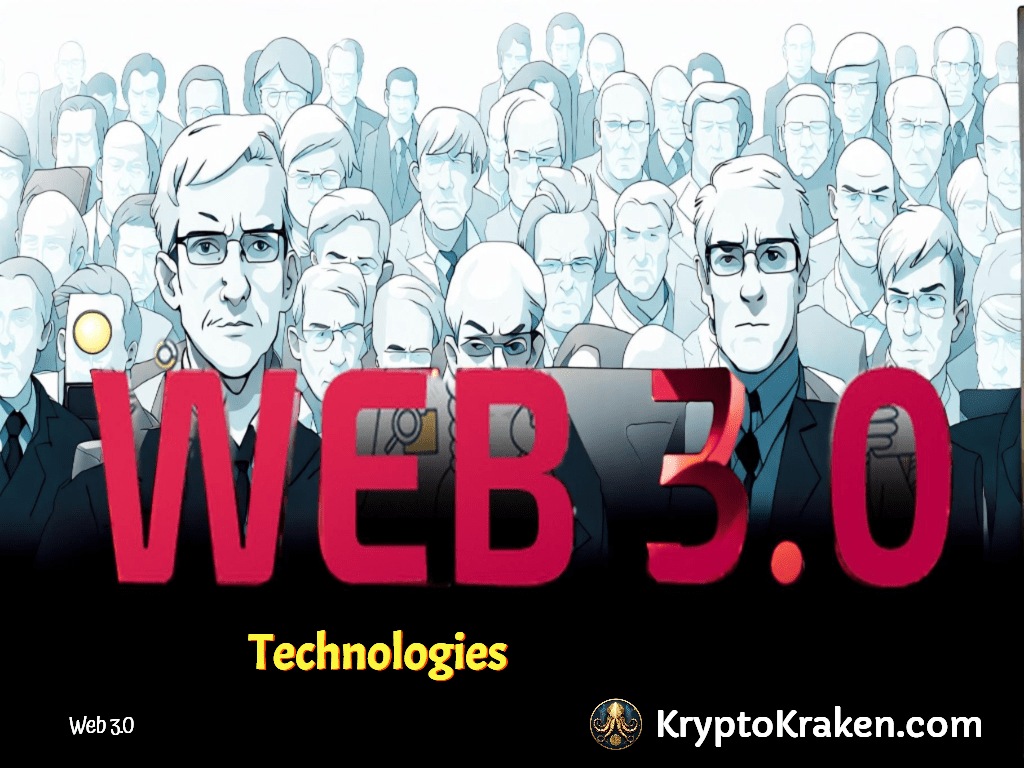
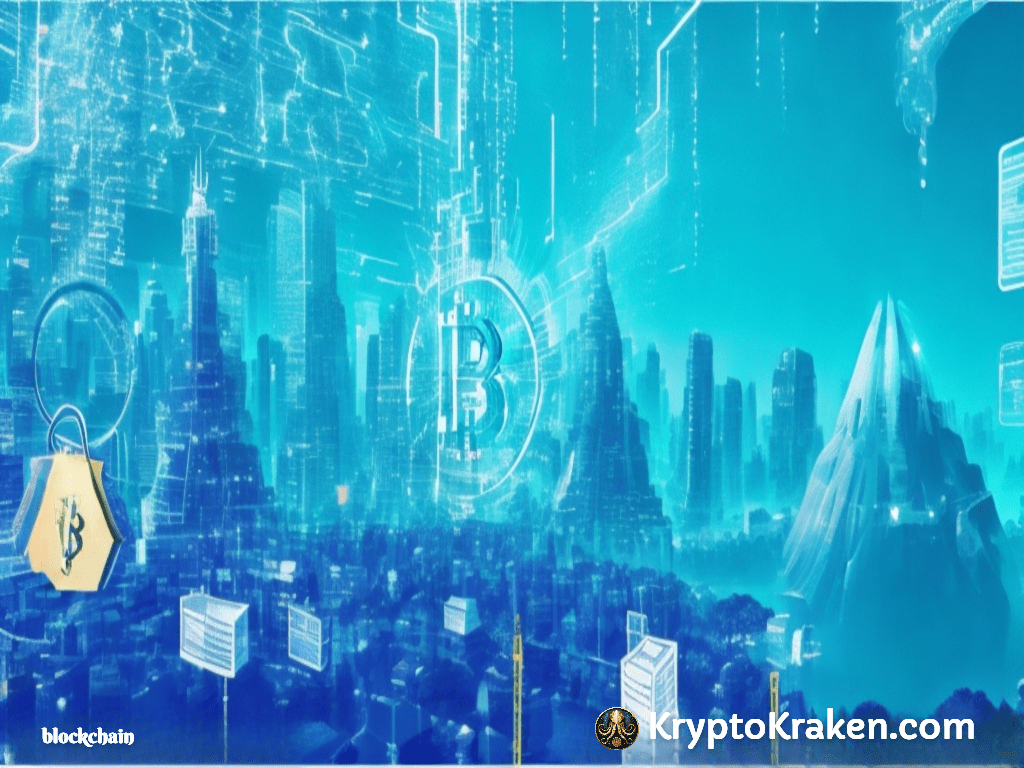
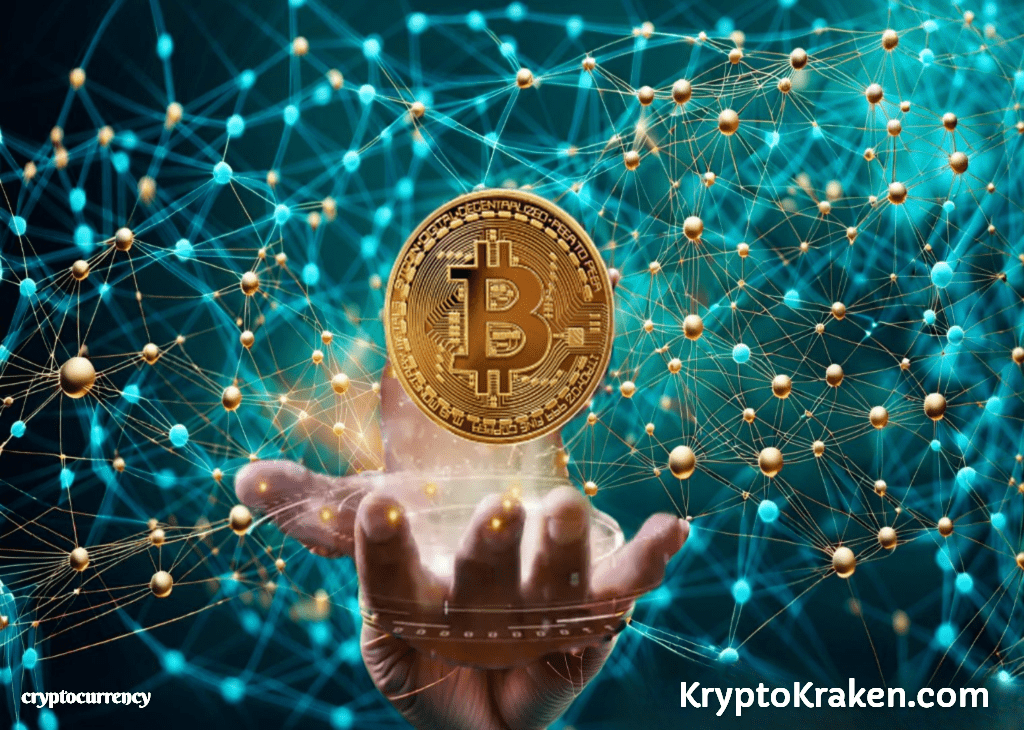
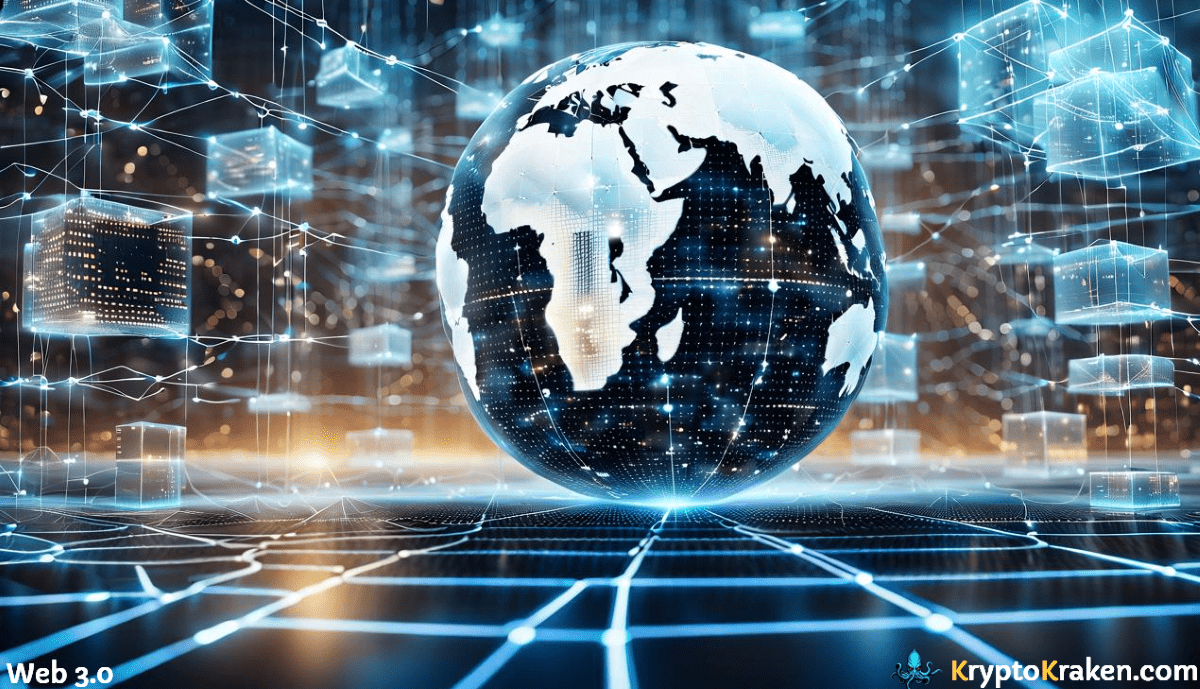

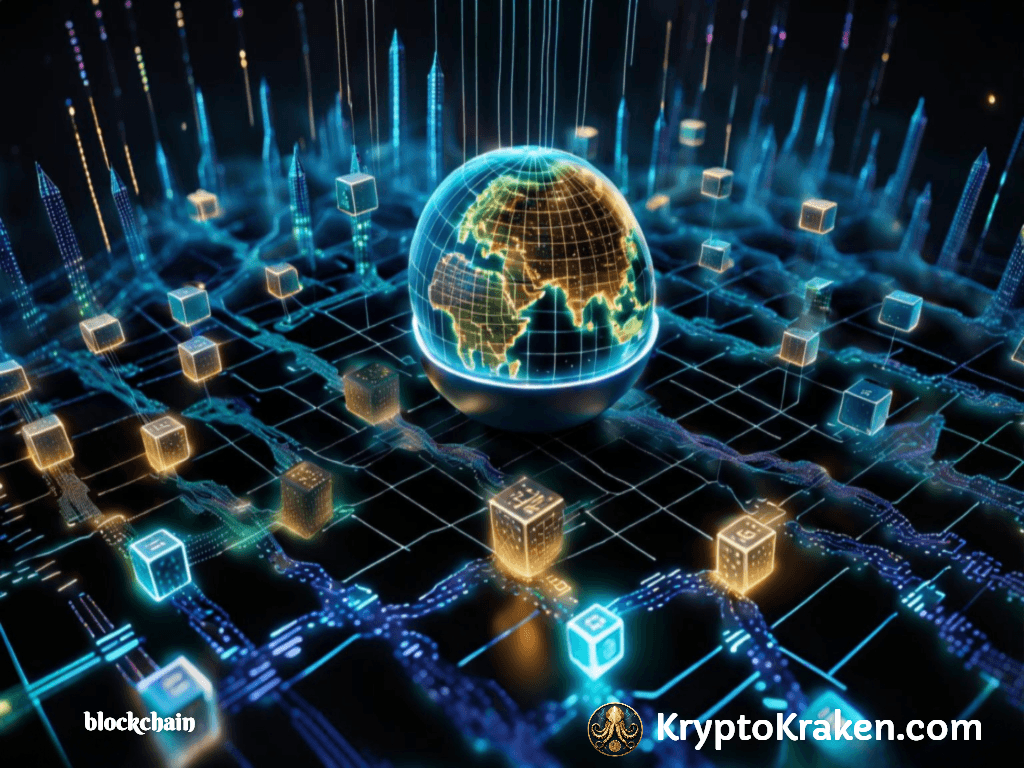
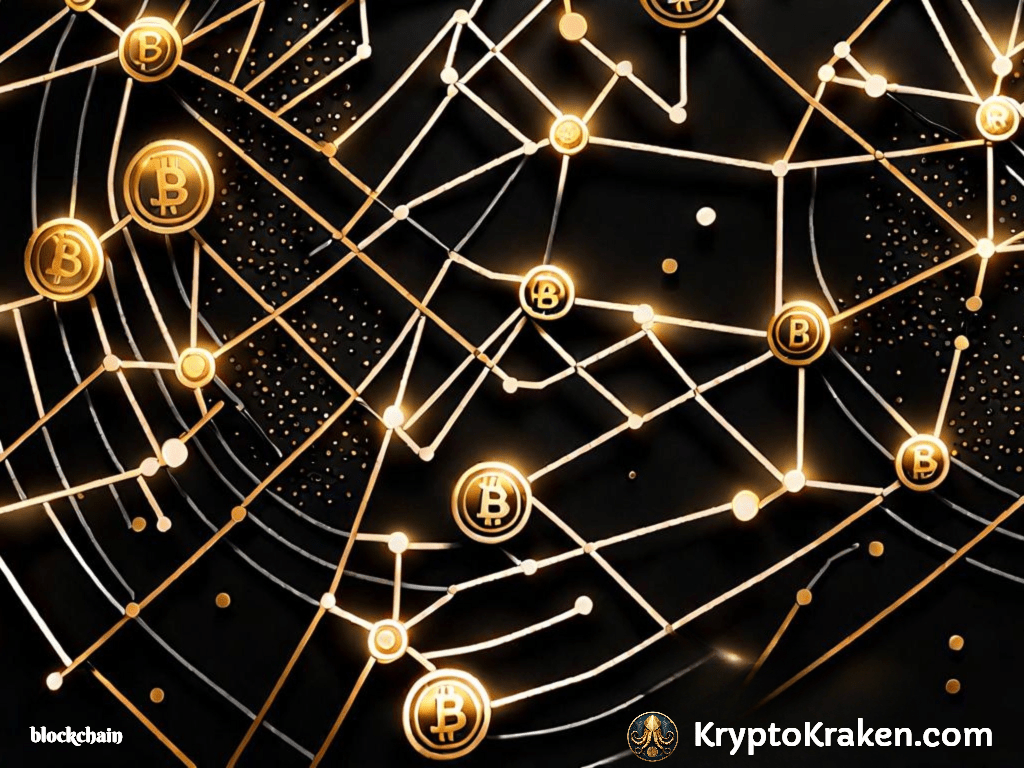

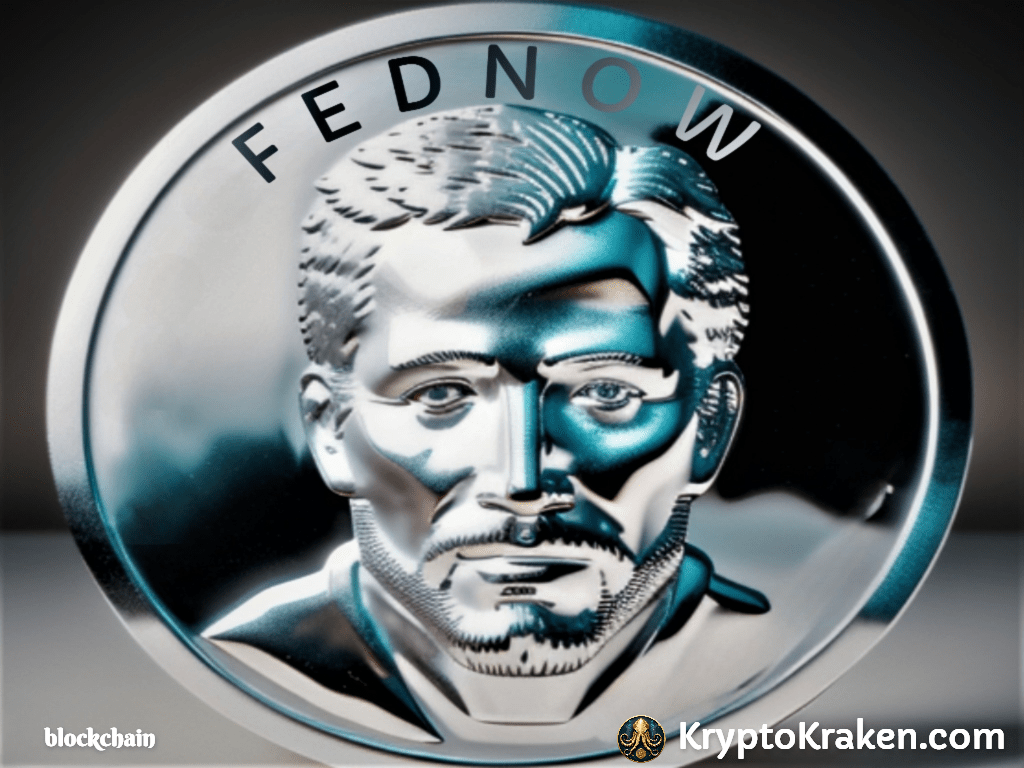
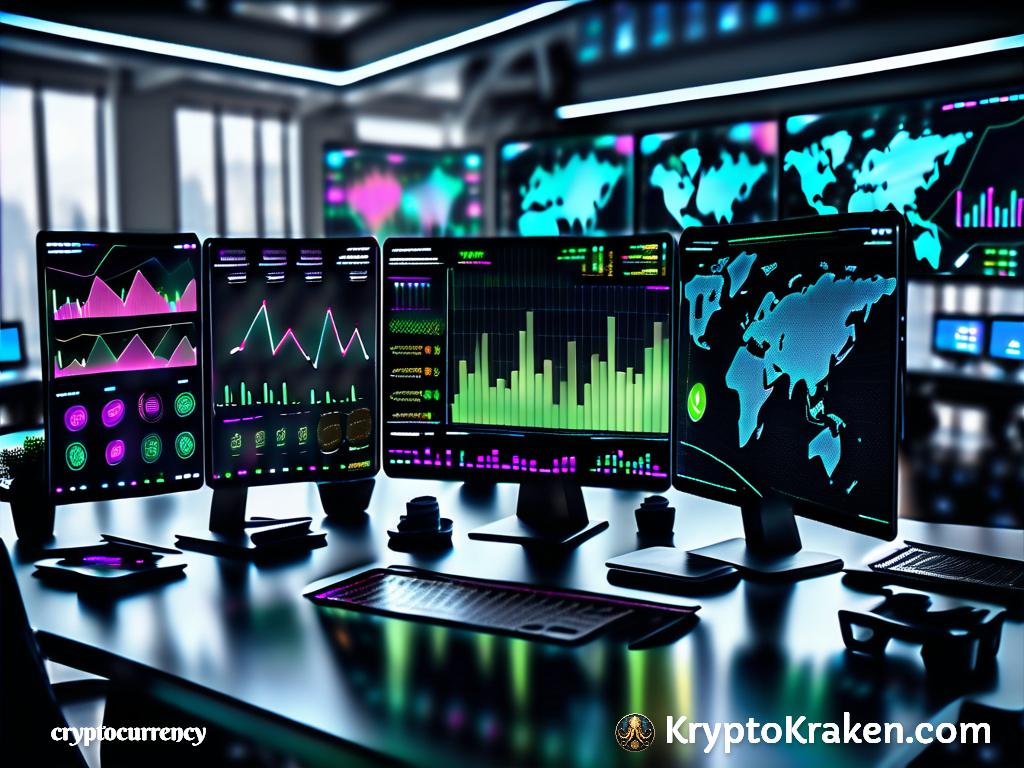

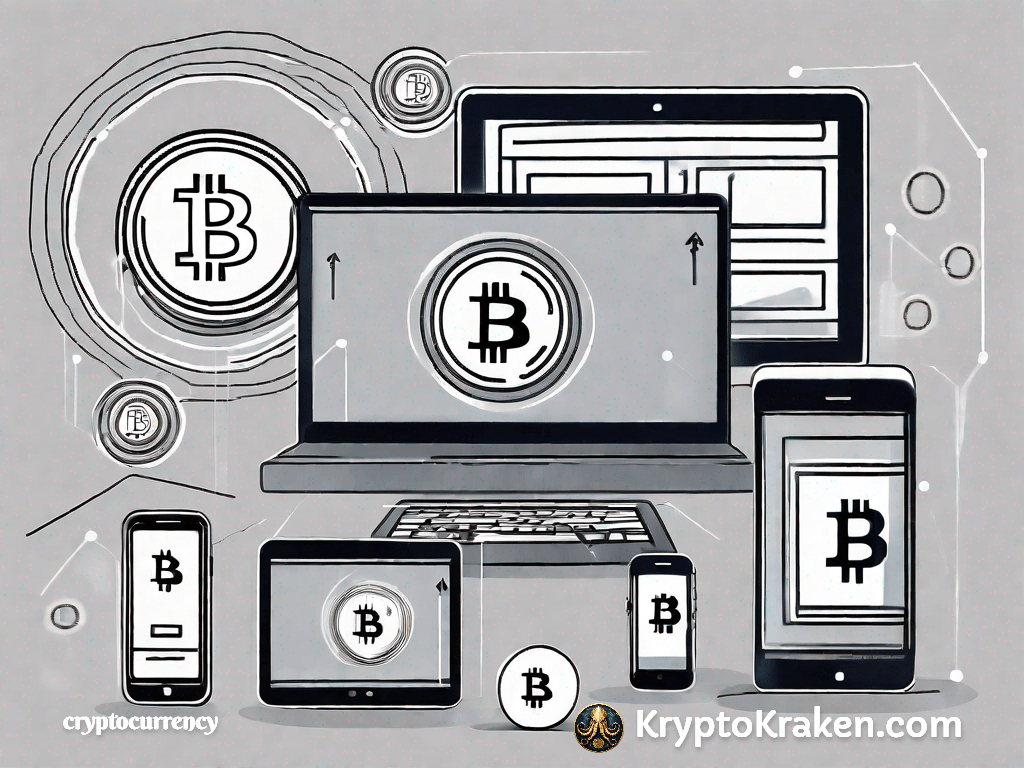
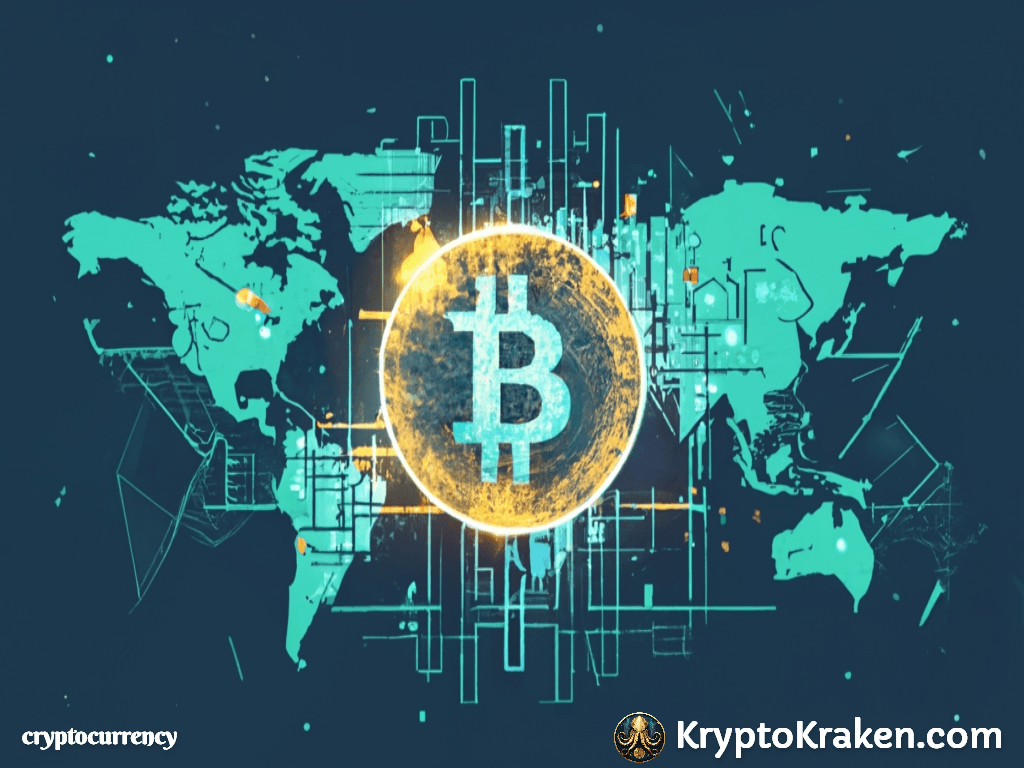
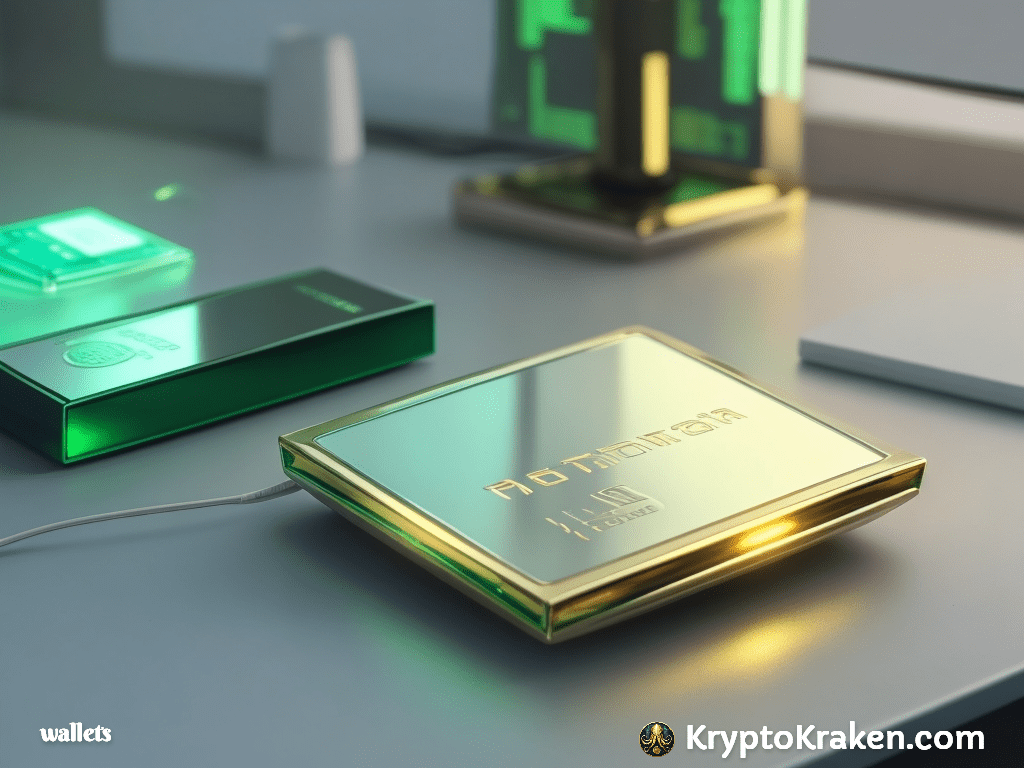


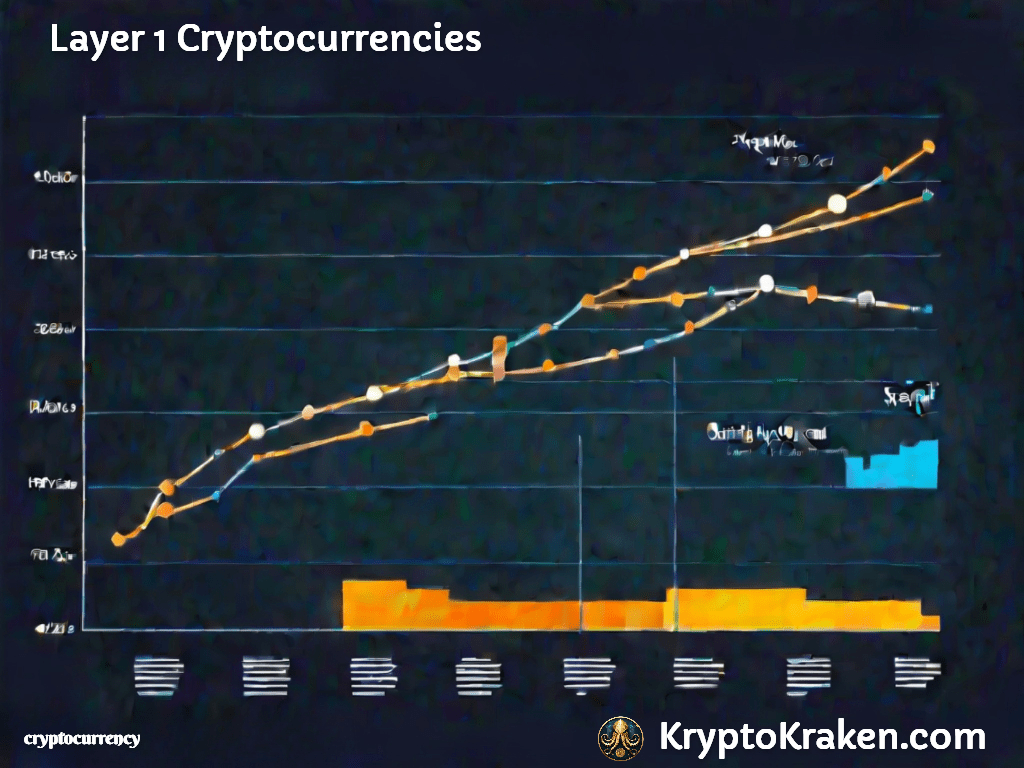


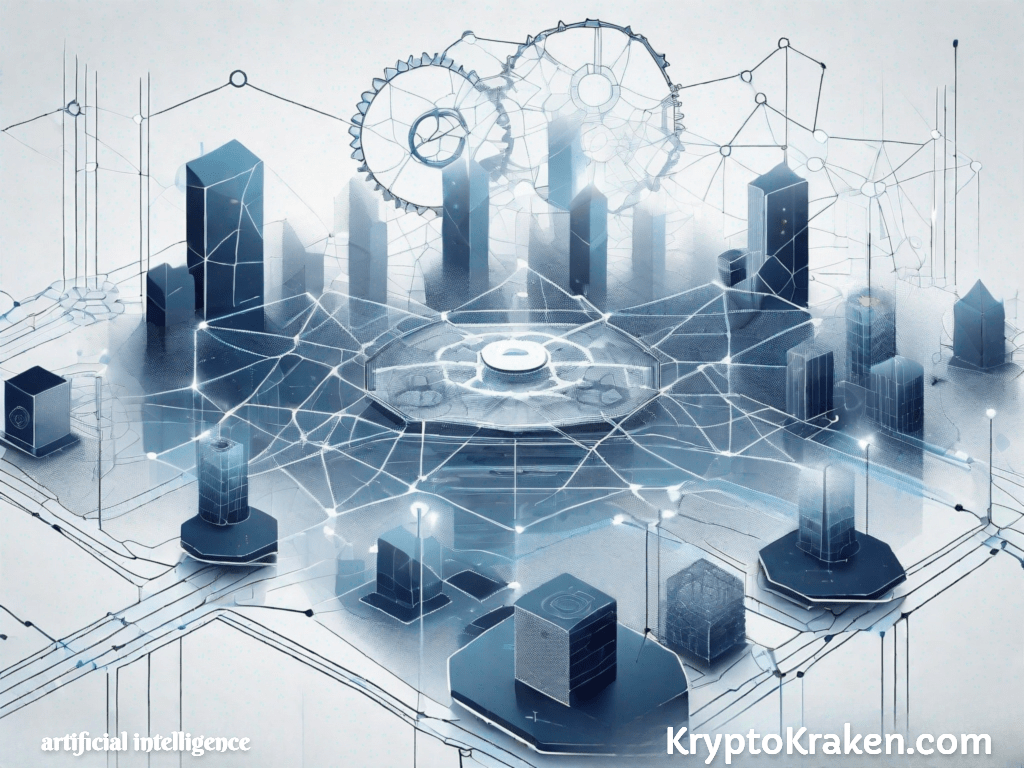
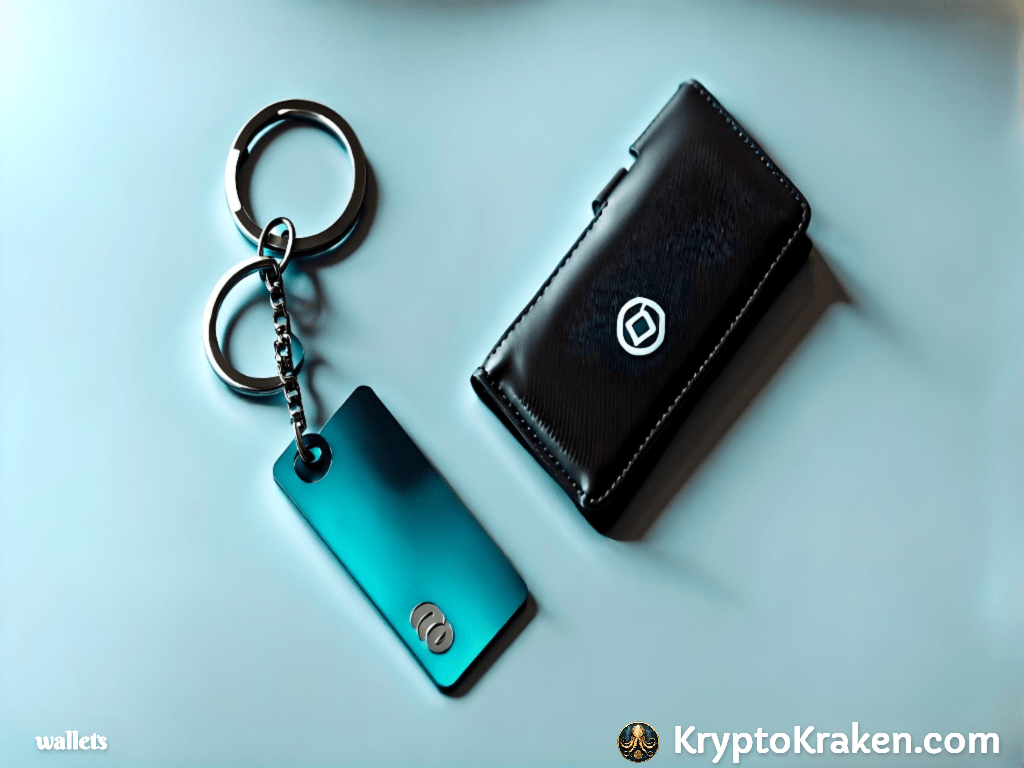
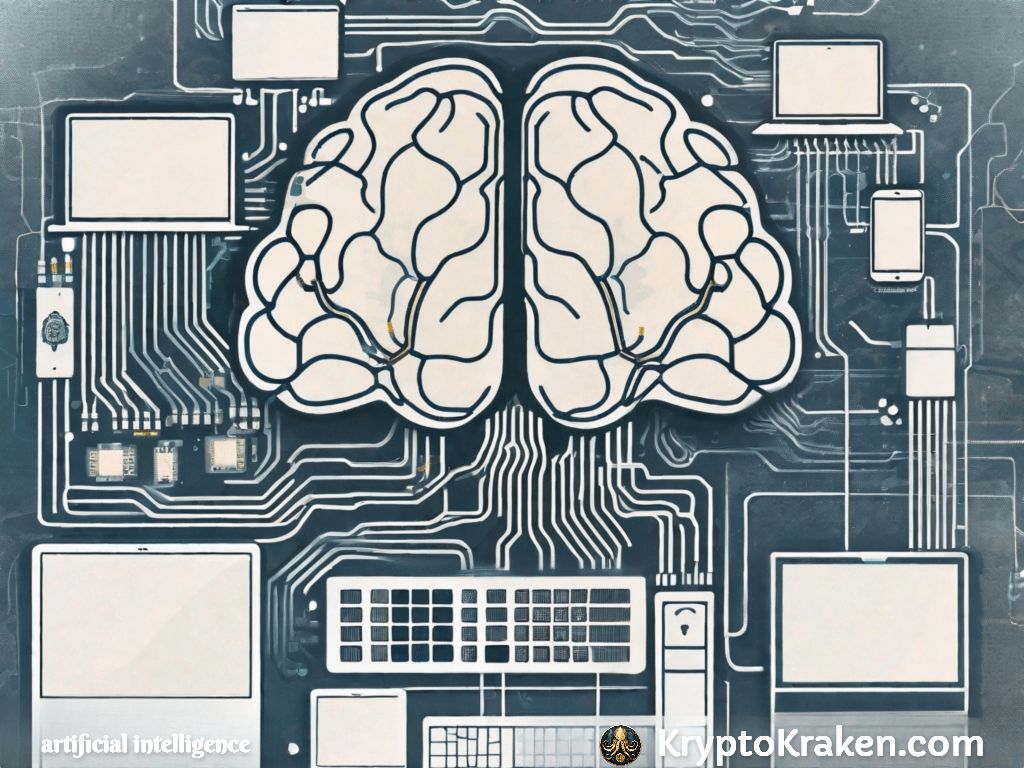
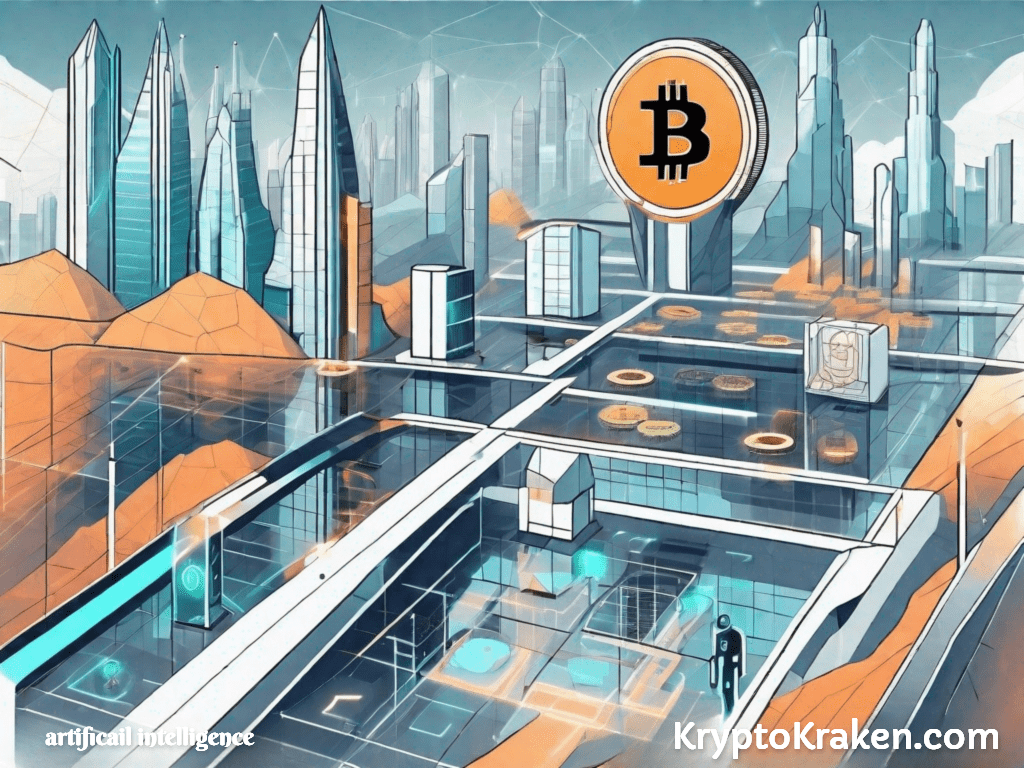
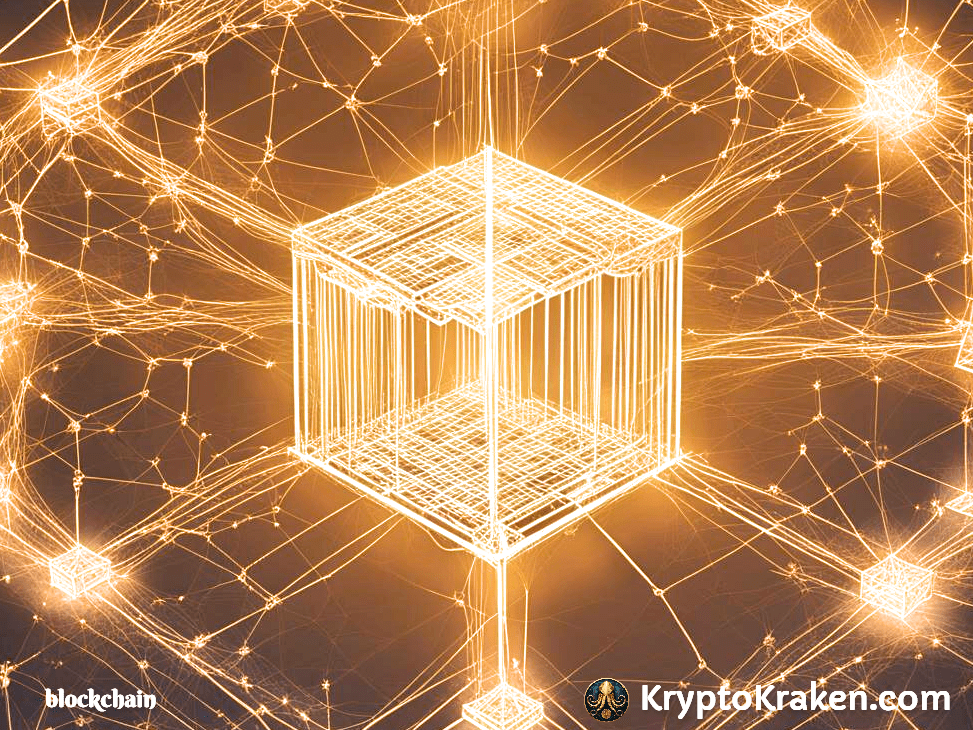
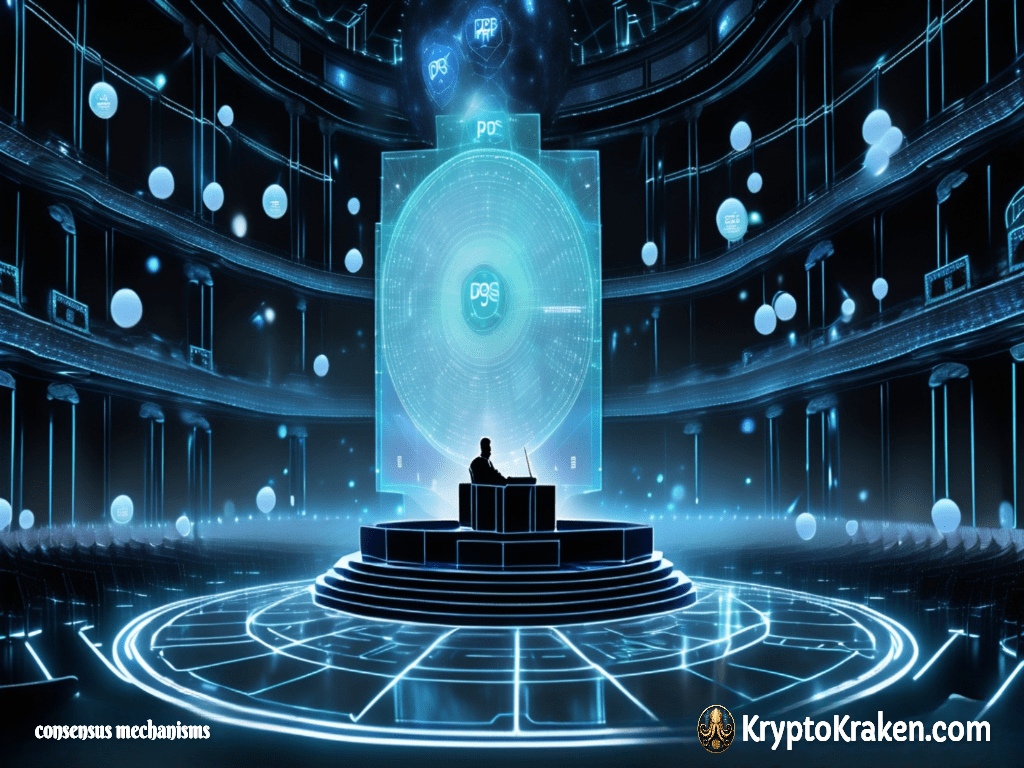
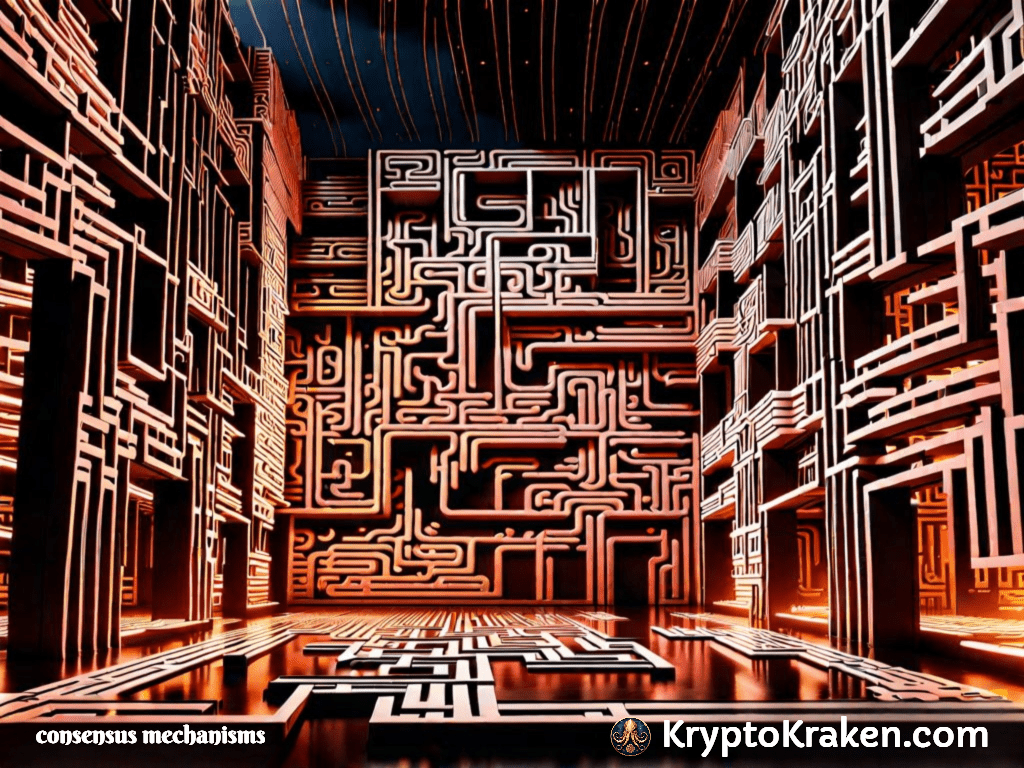

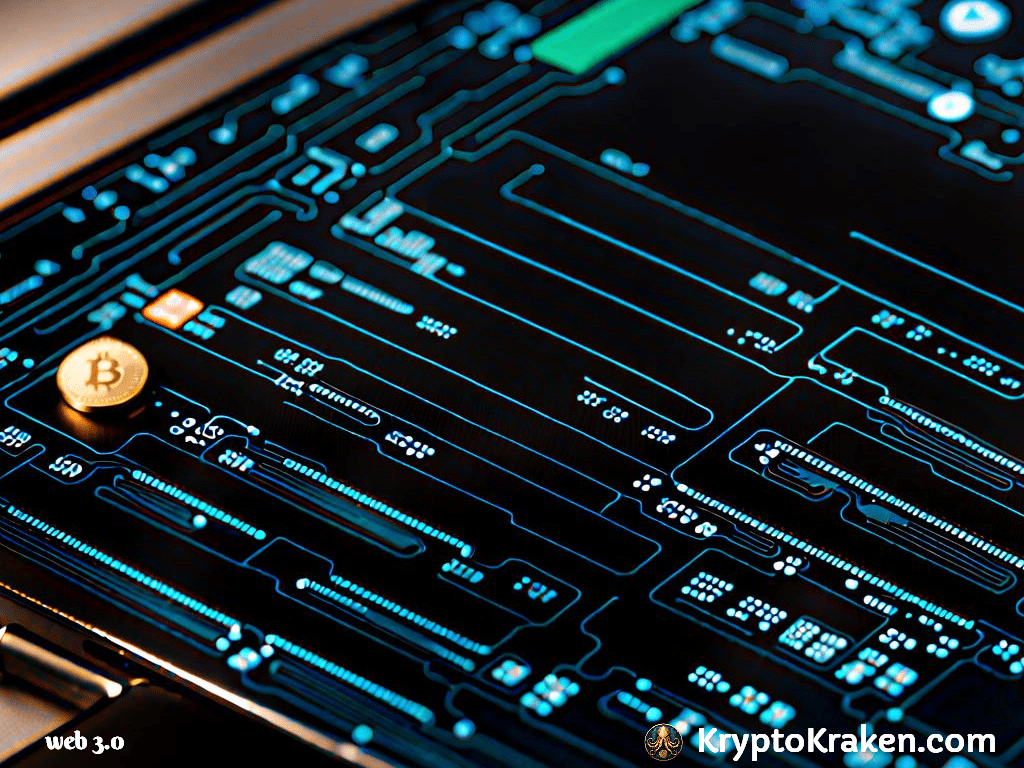
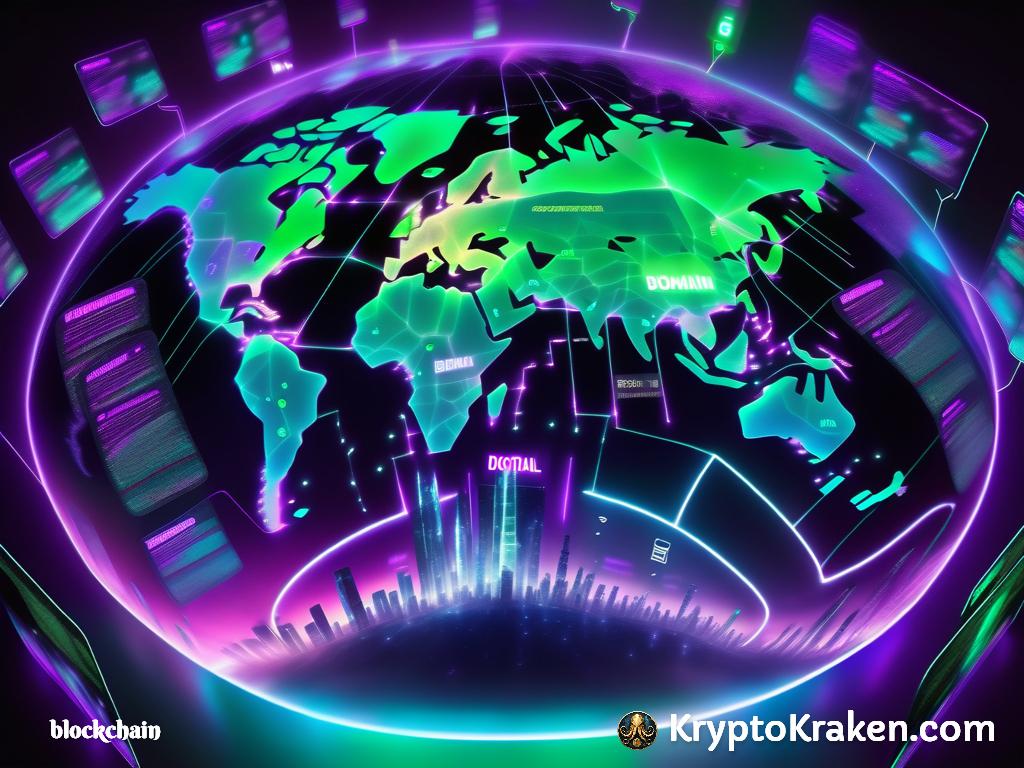
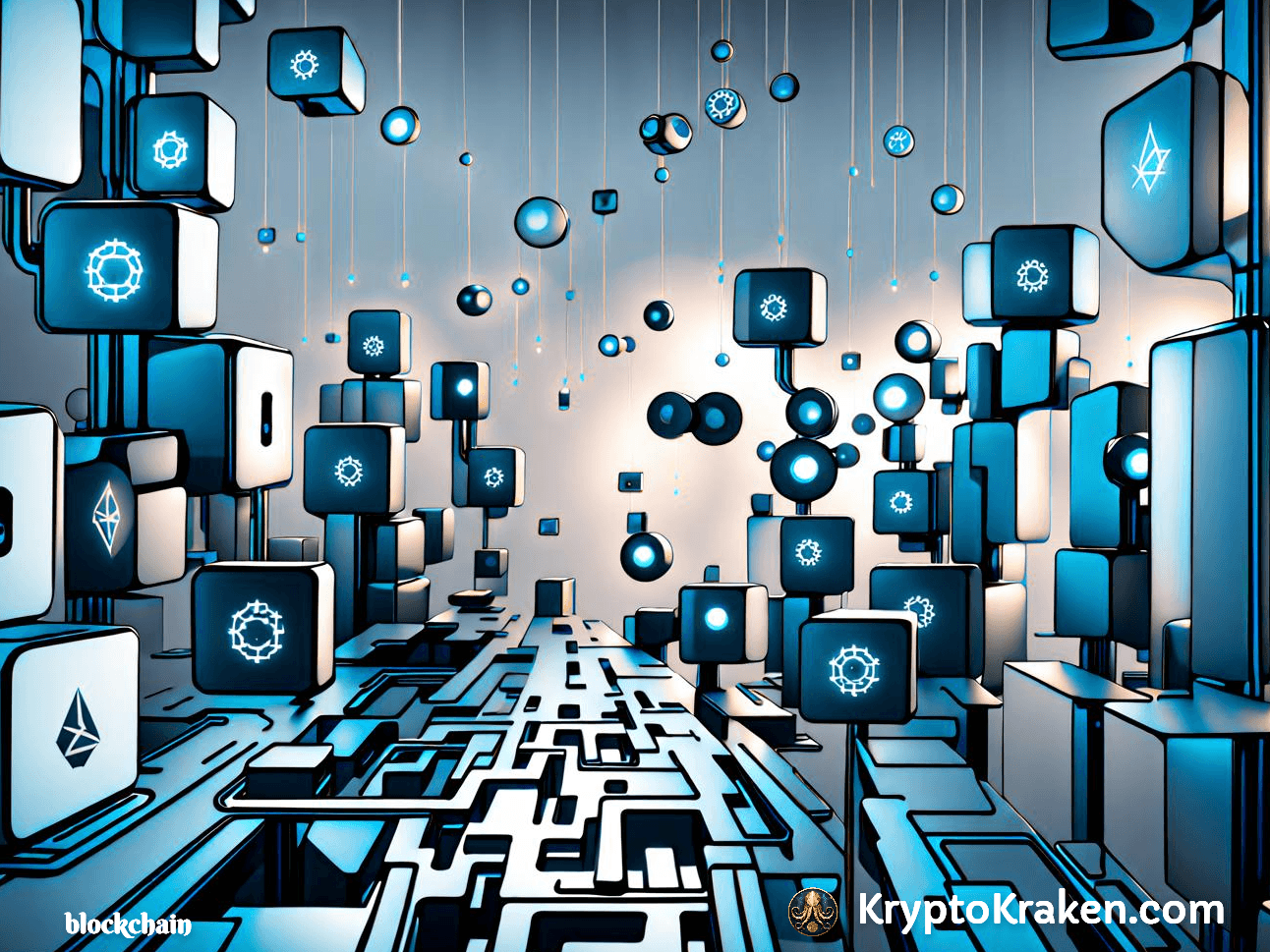



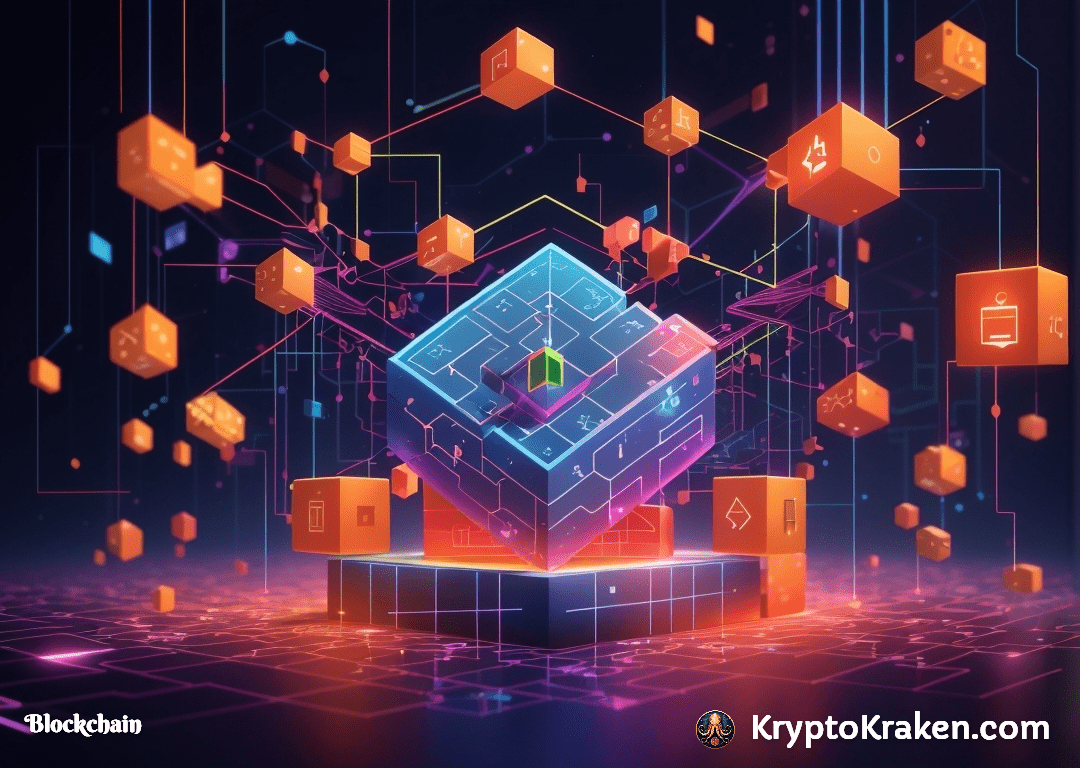
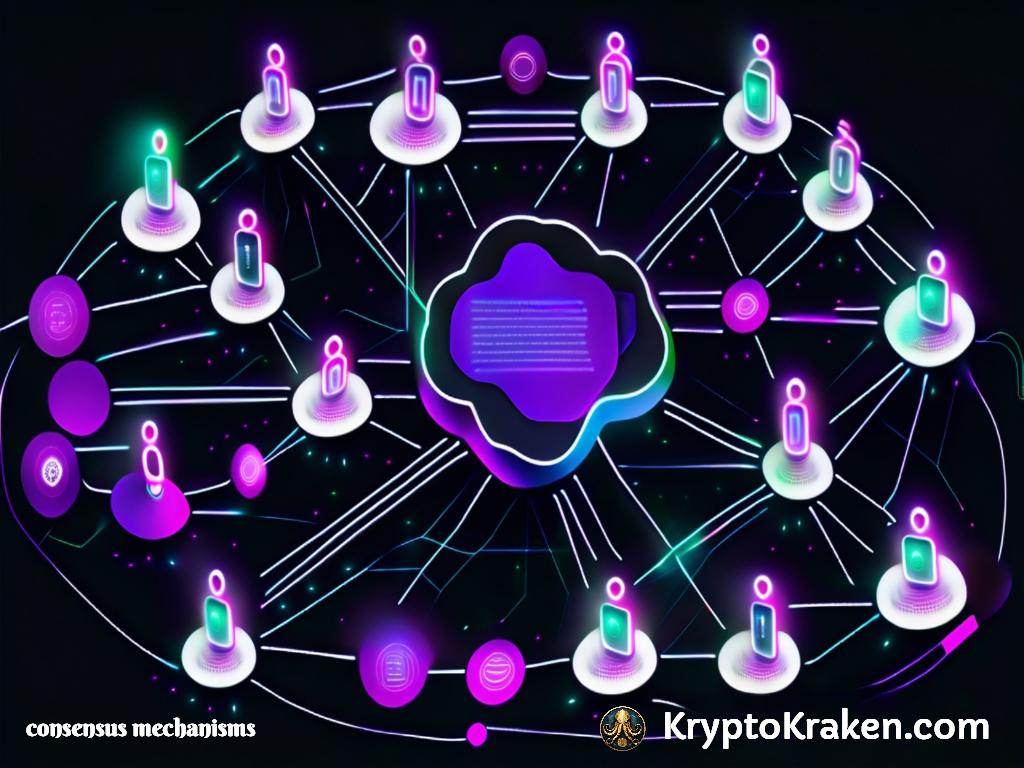
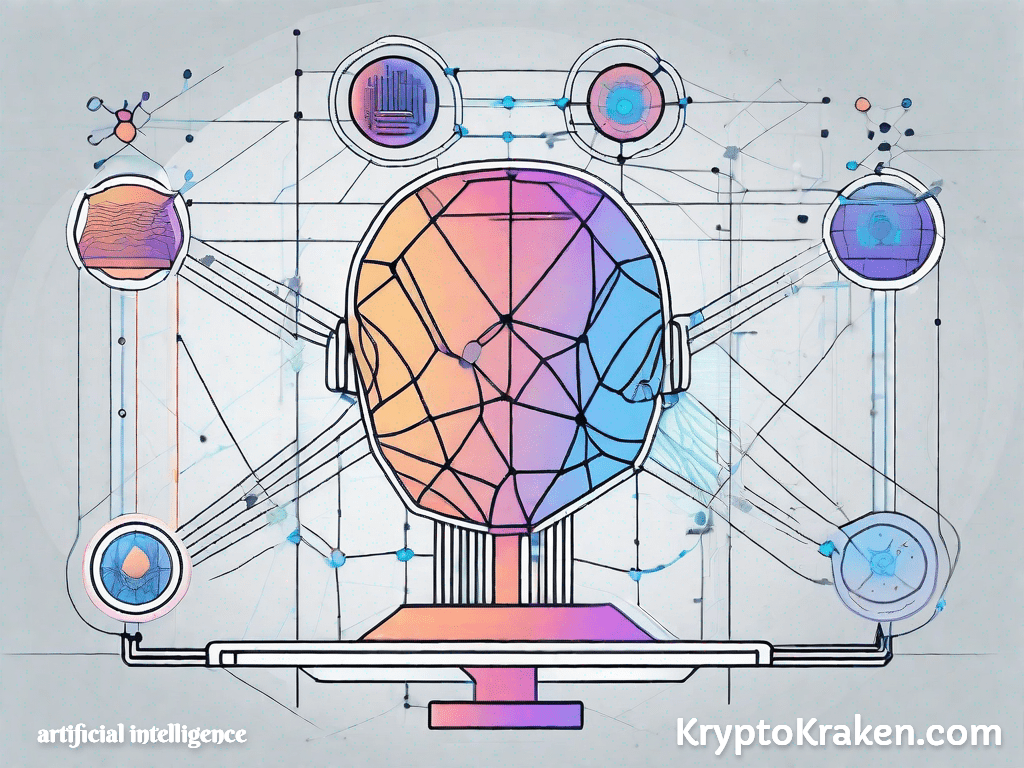
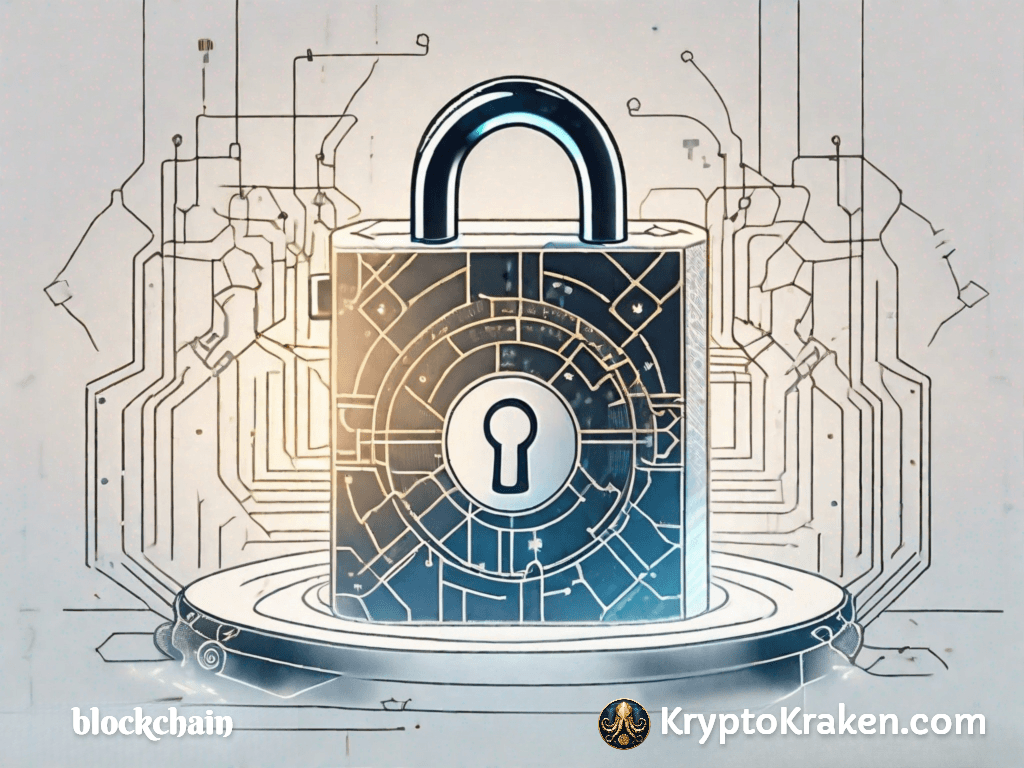
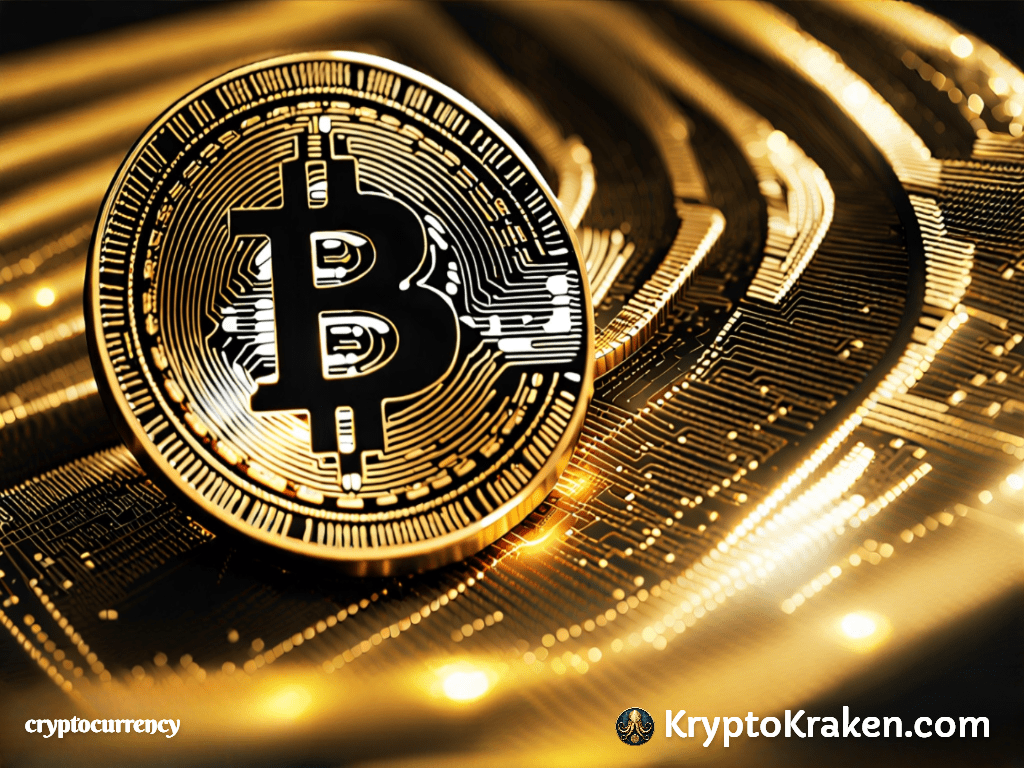
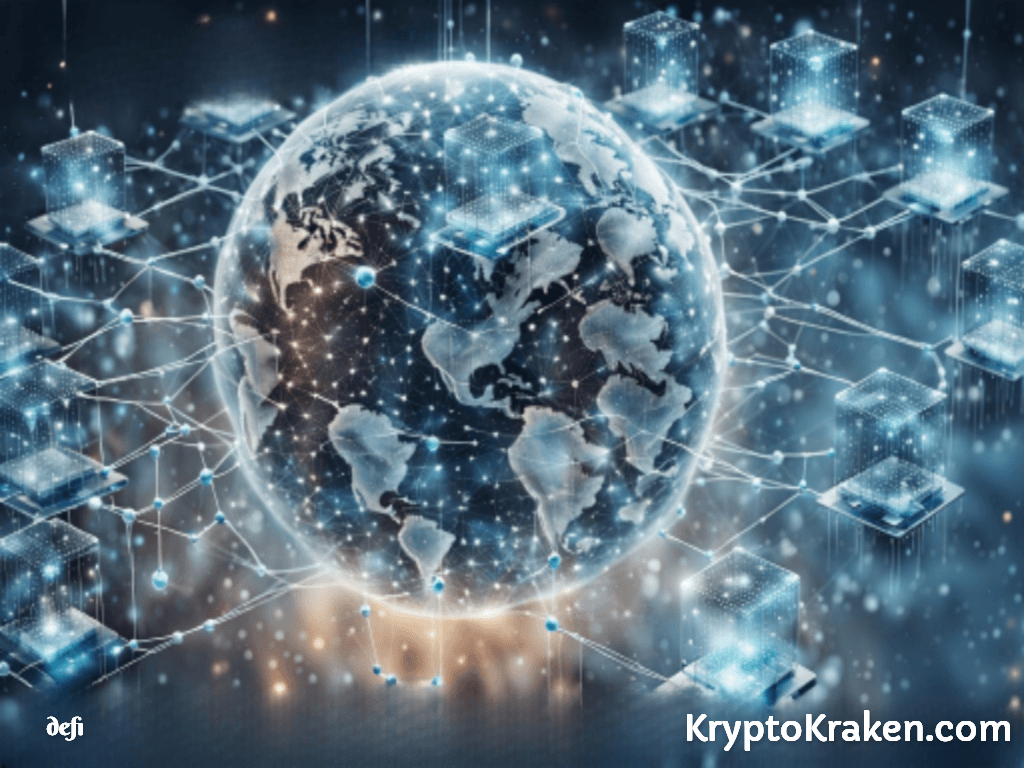

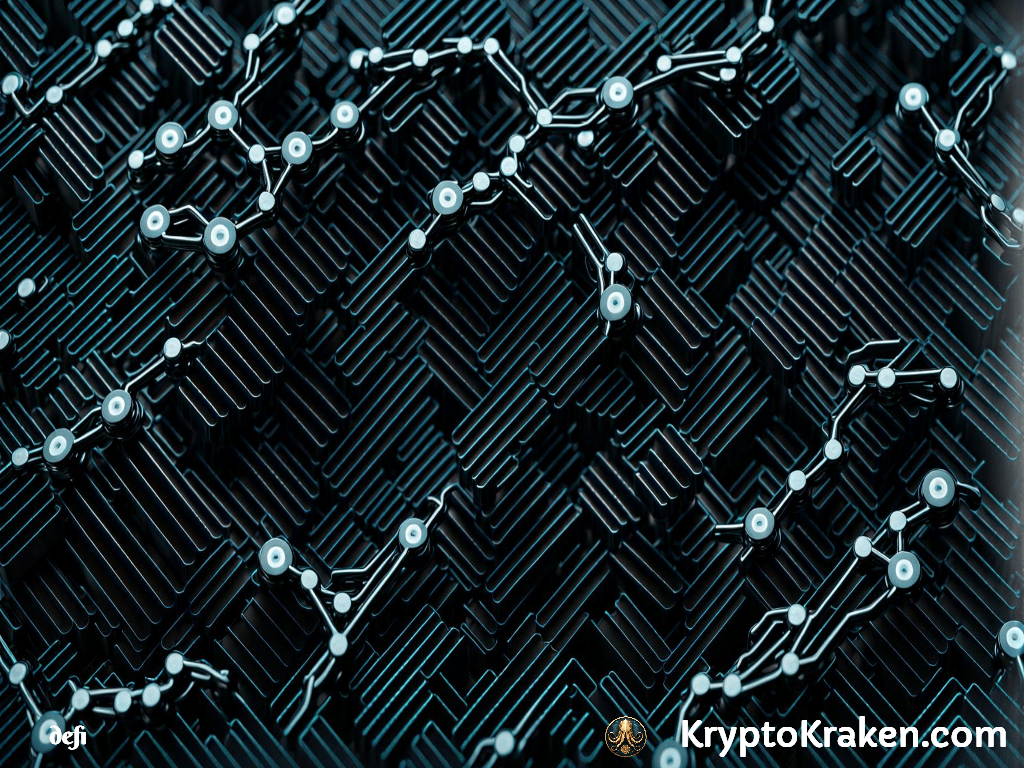
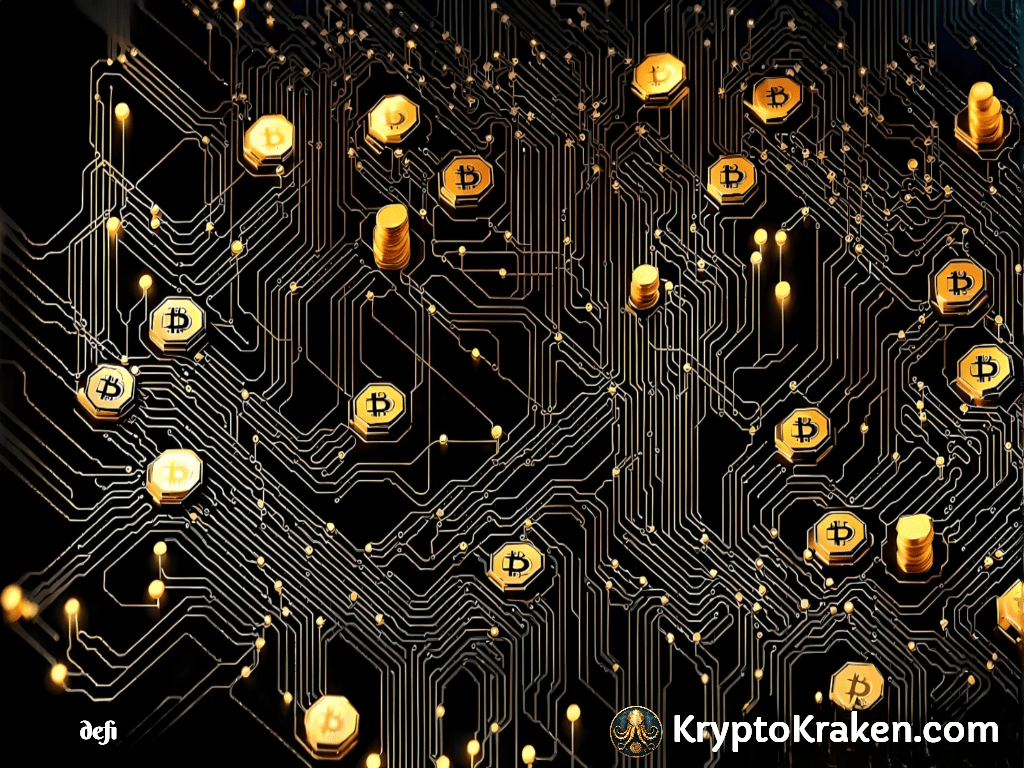

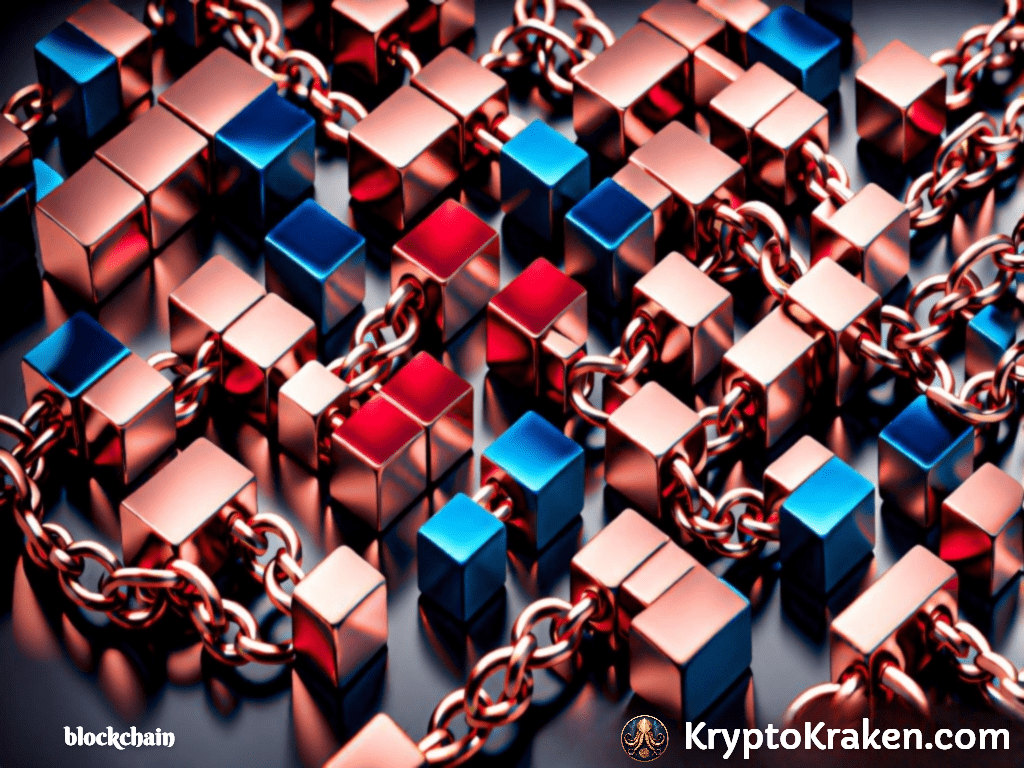



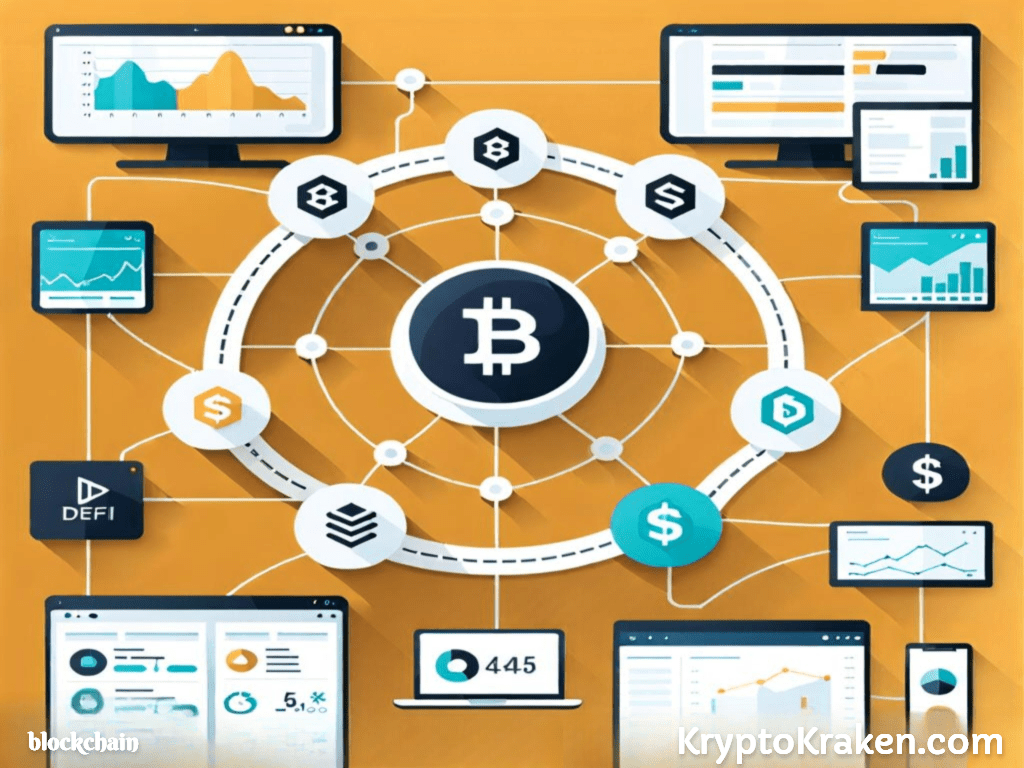
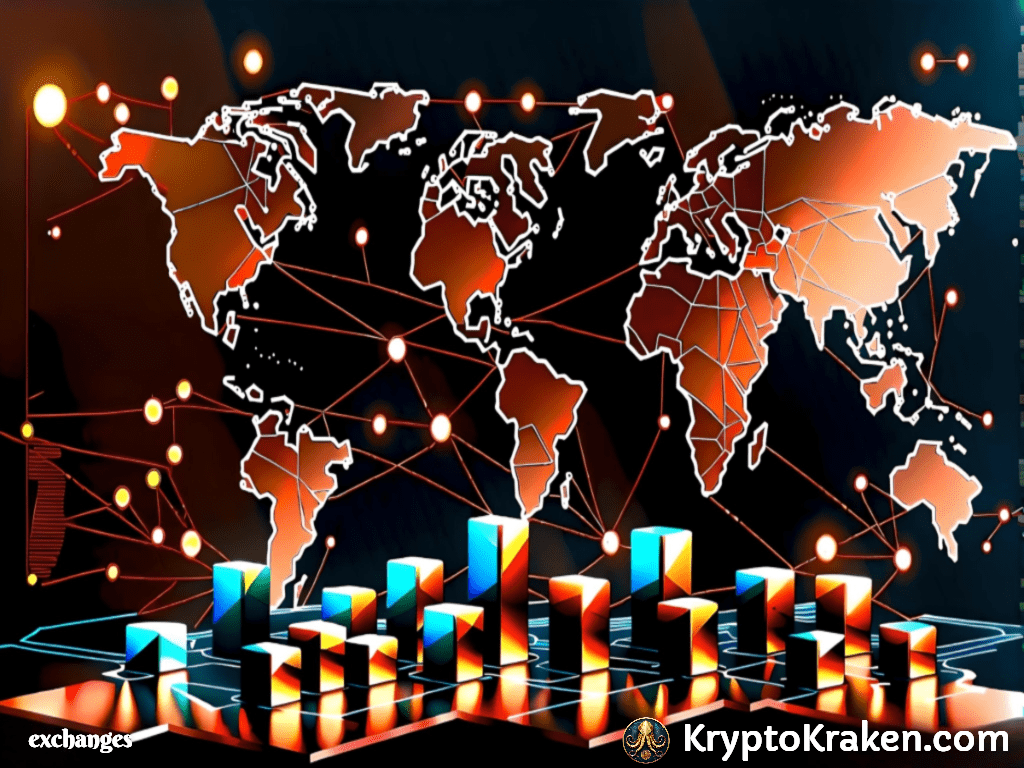
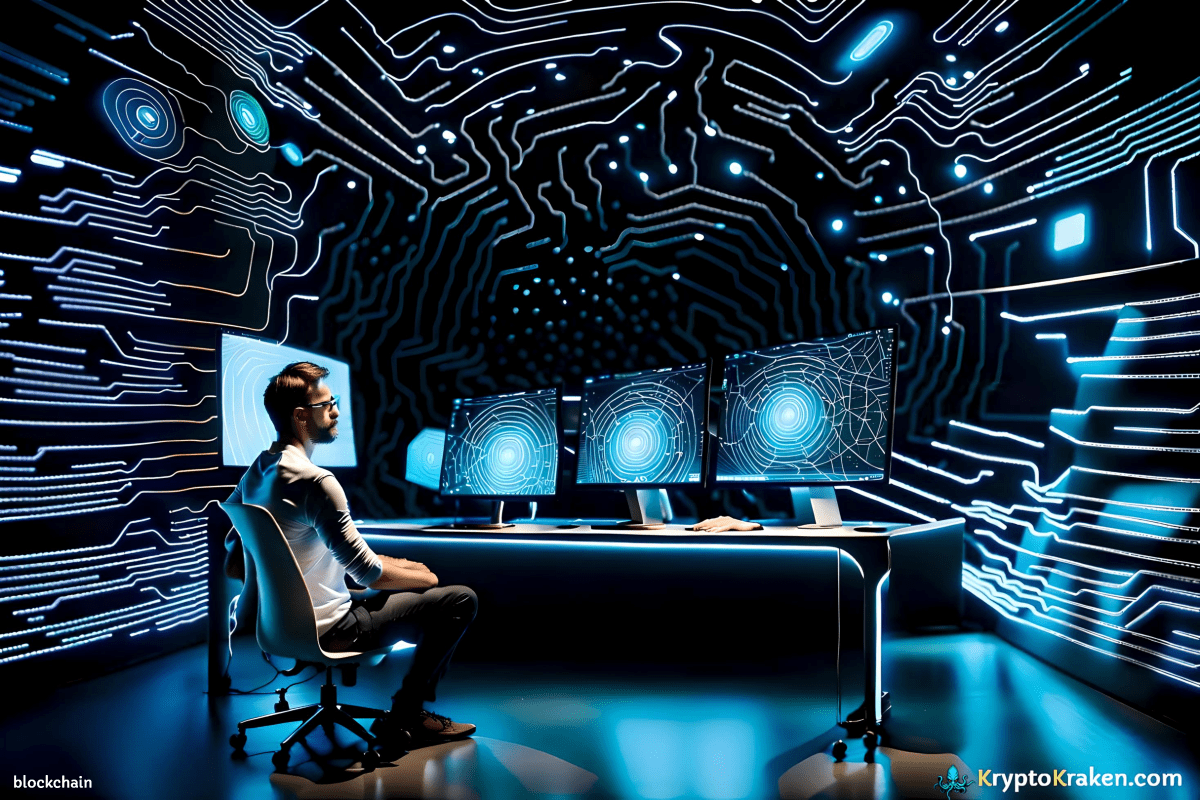
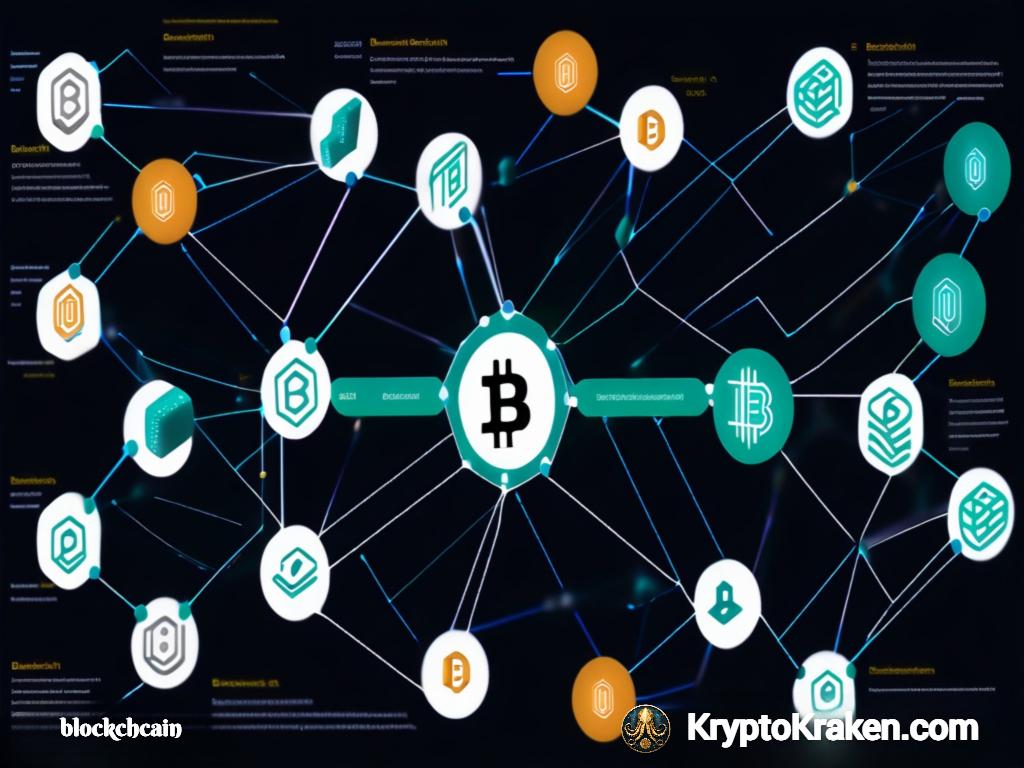
6 comments on “Exploring the Applications of Artificial Intelligence in Smart Contracts”